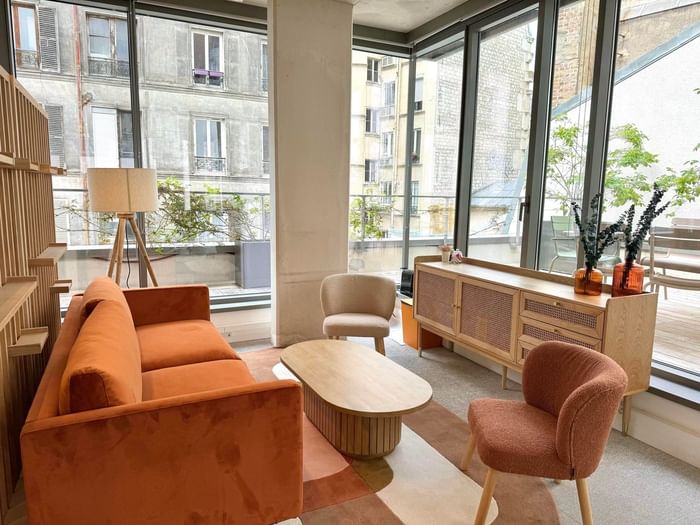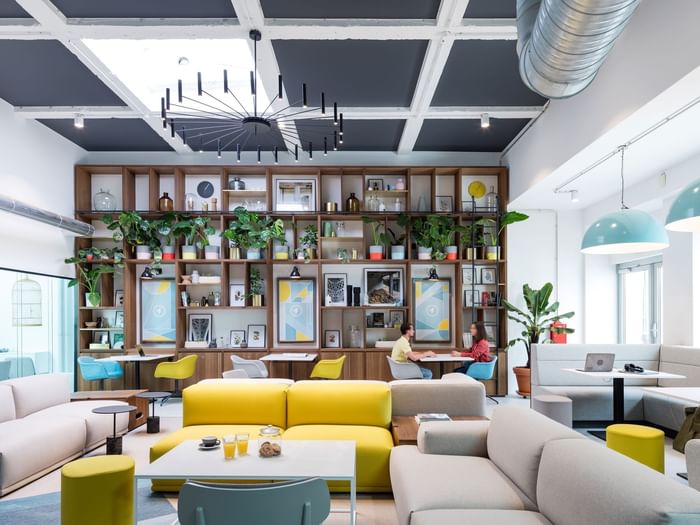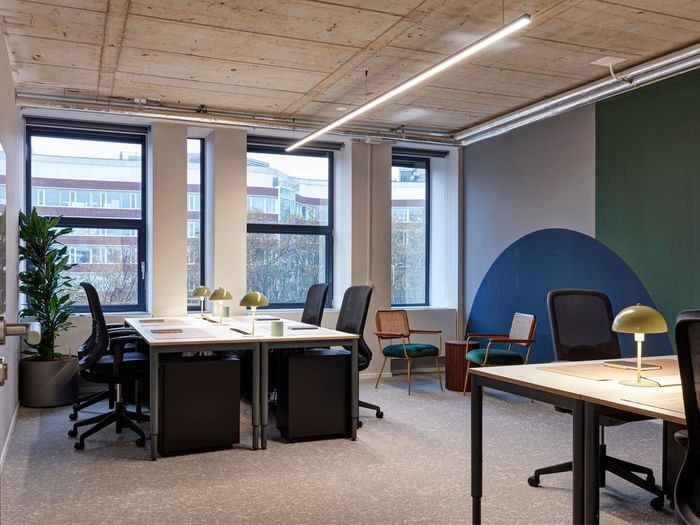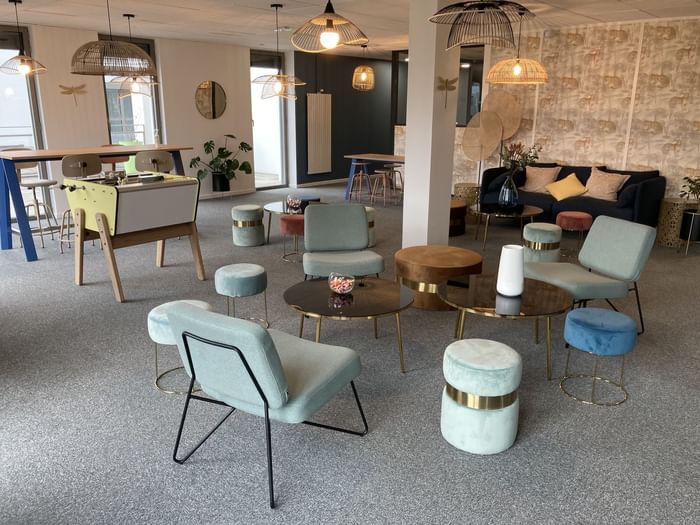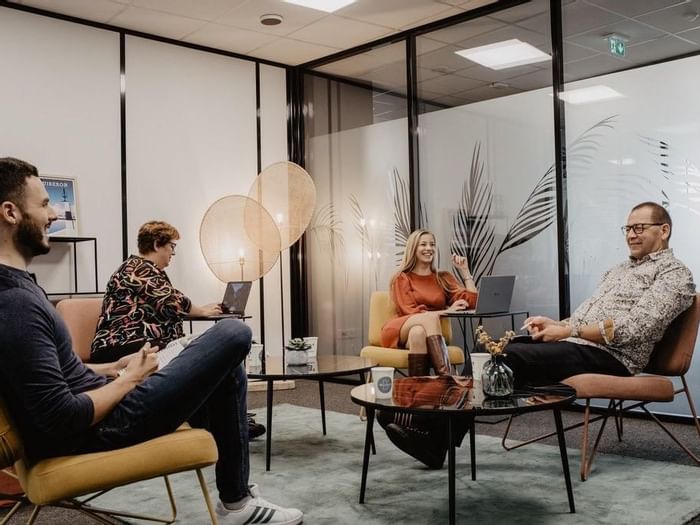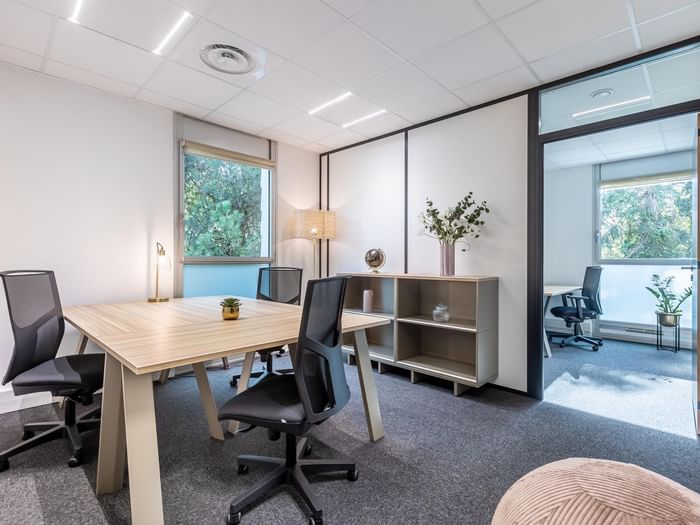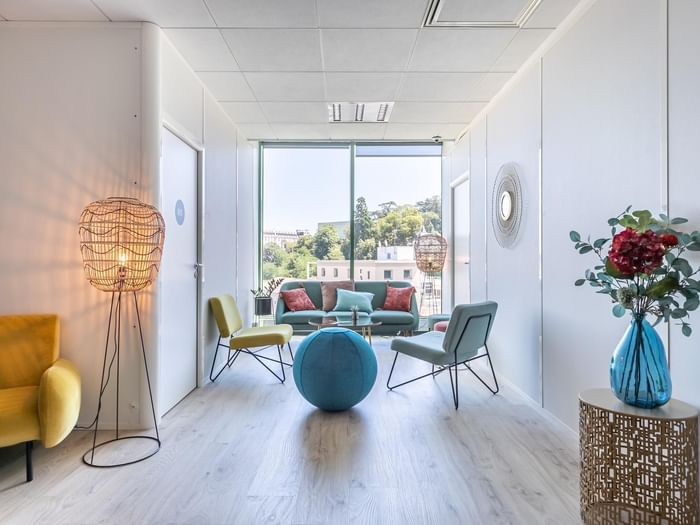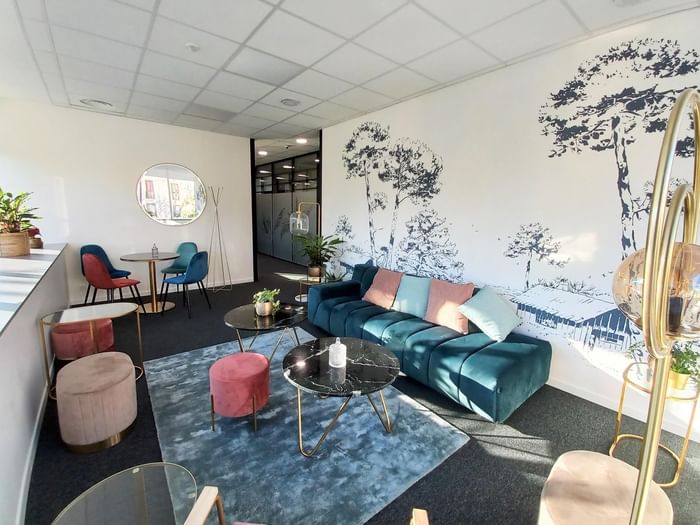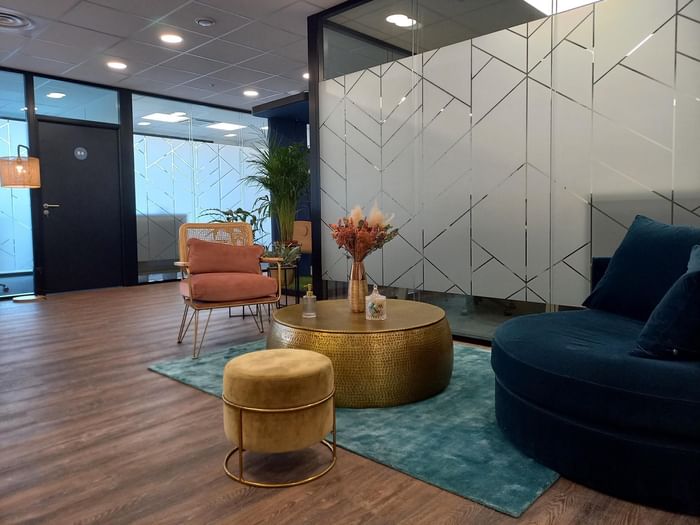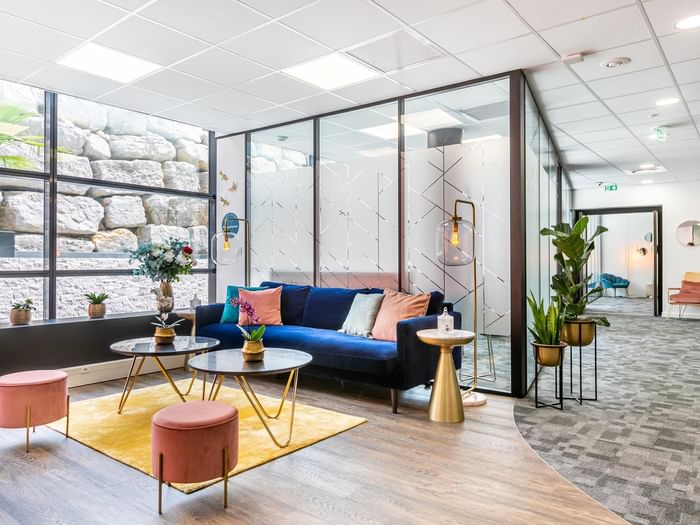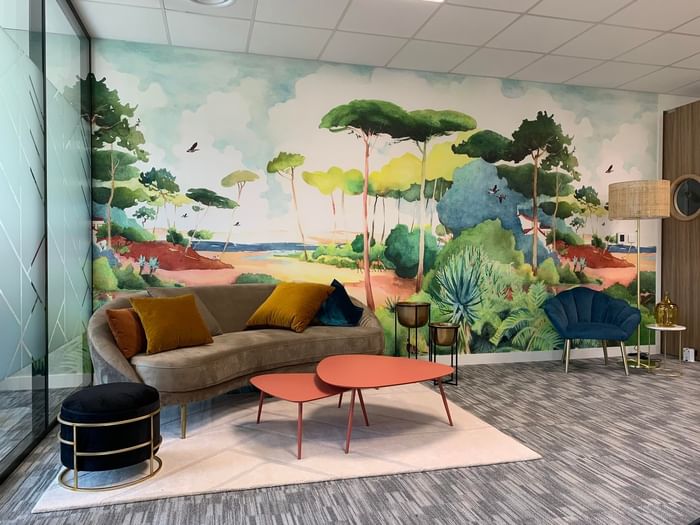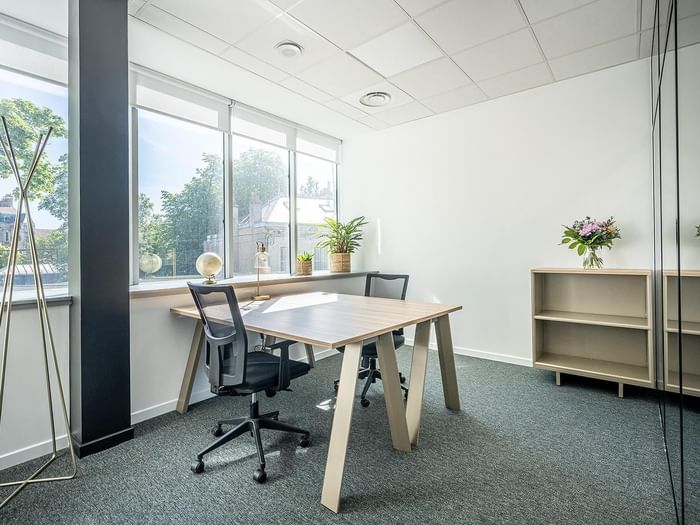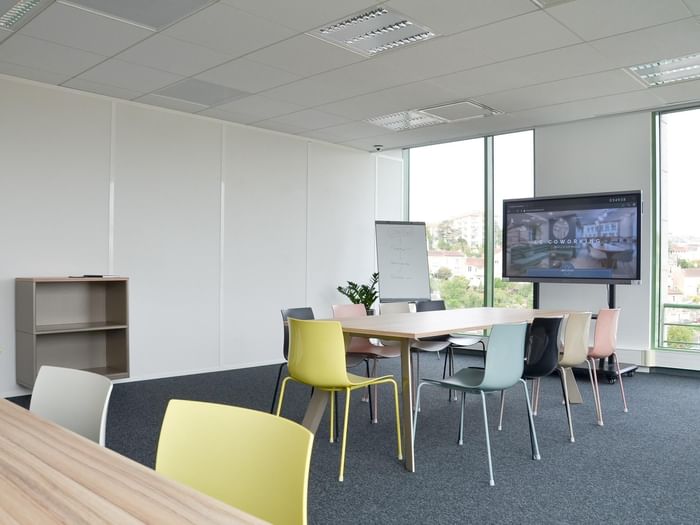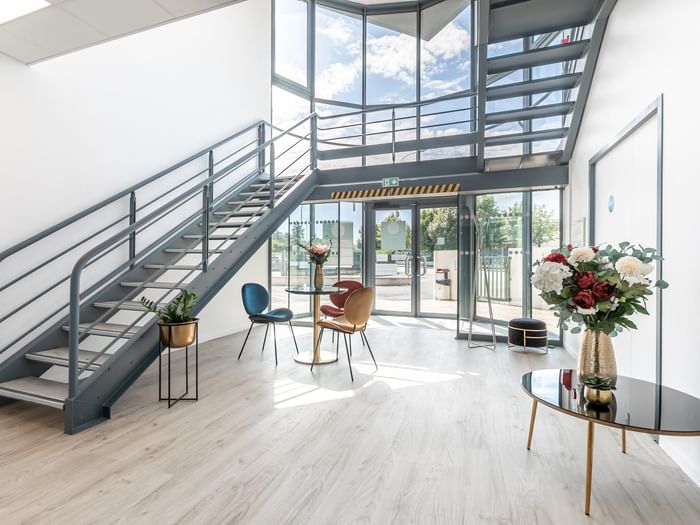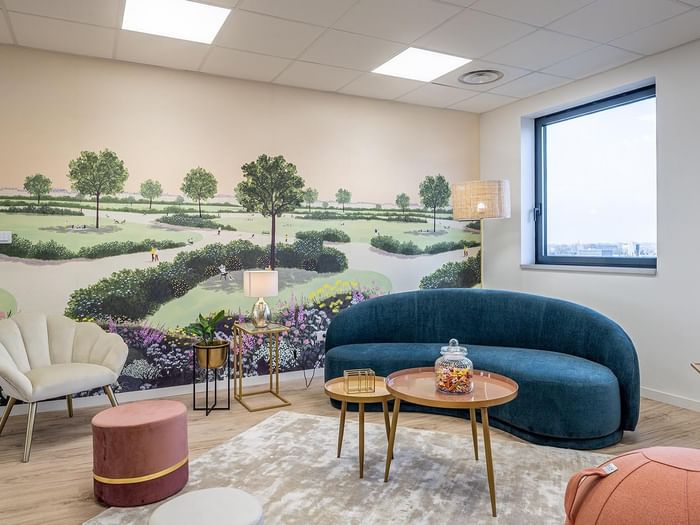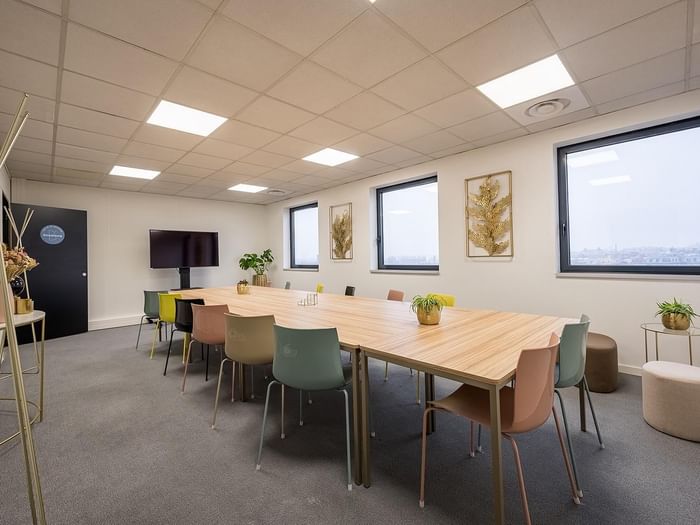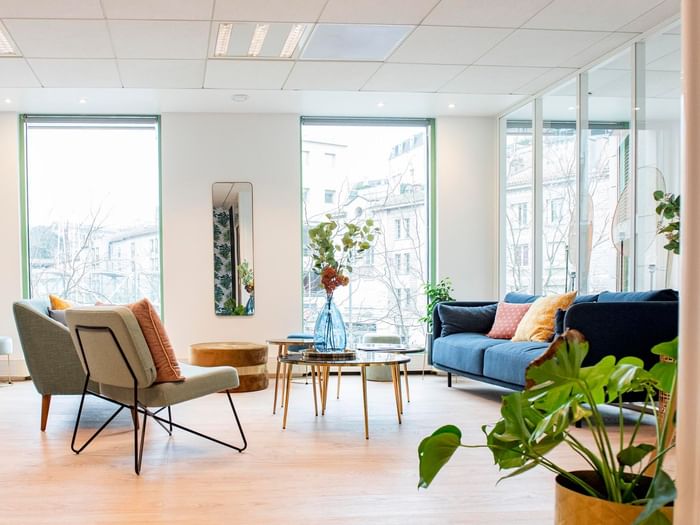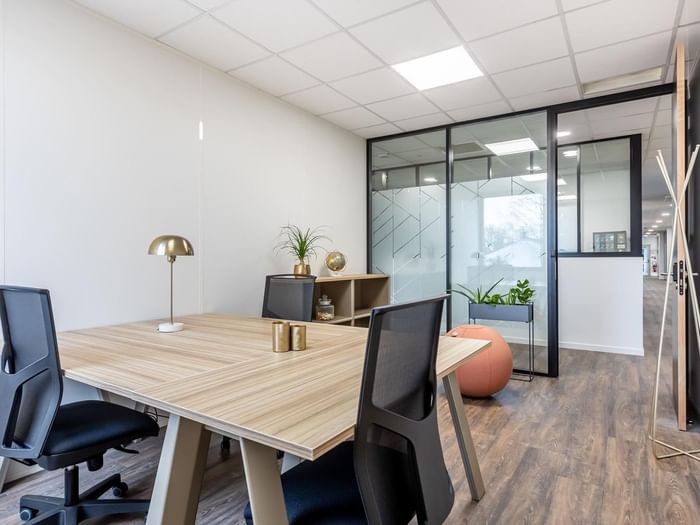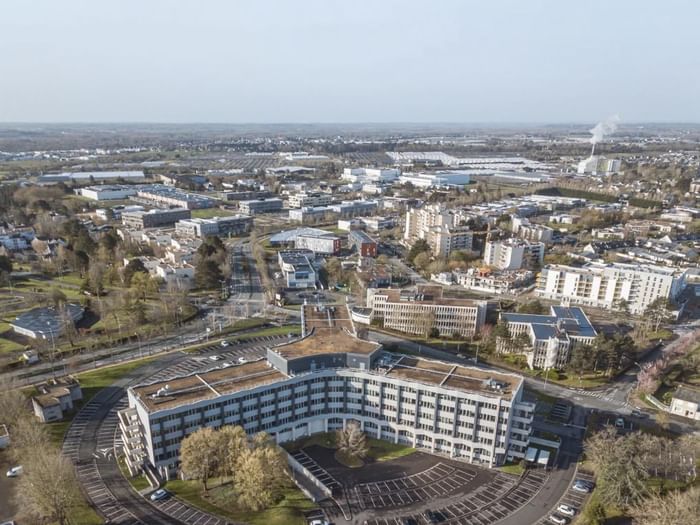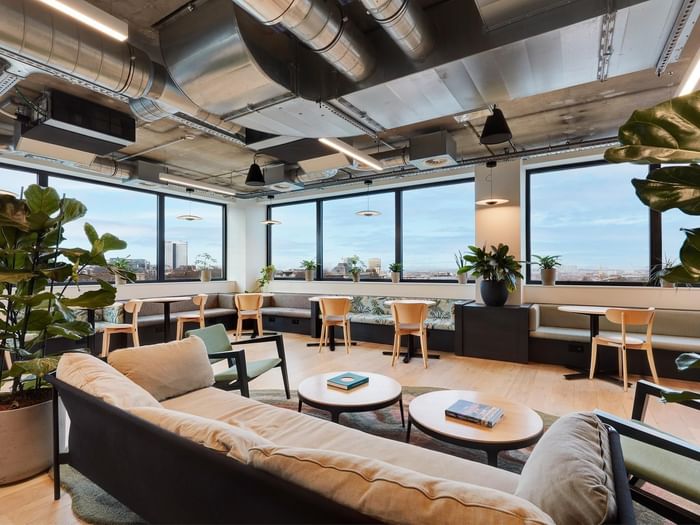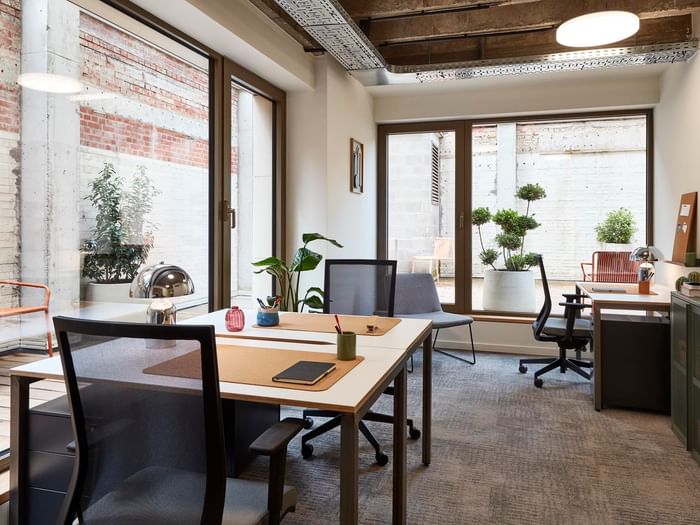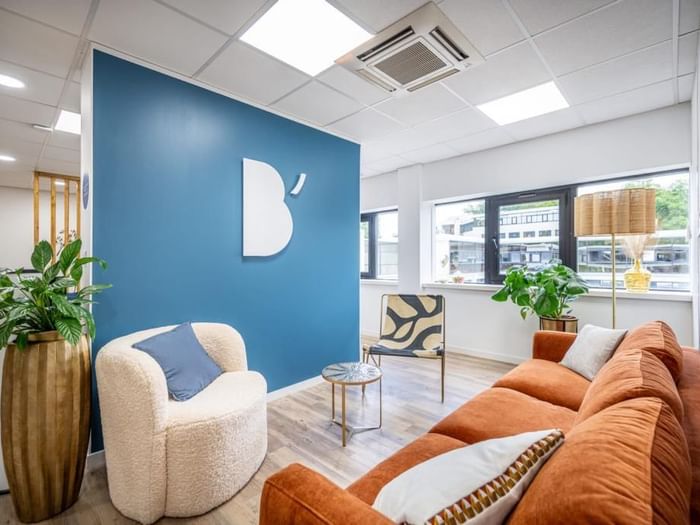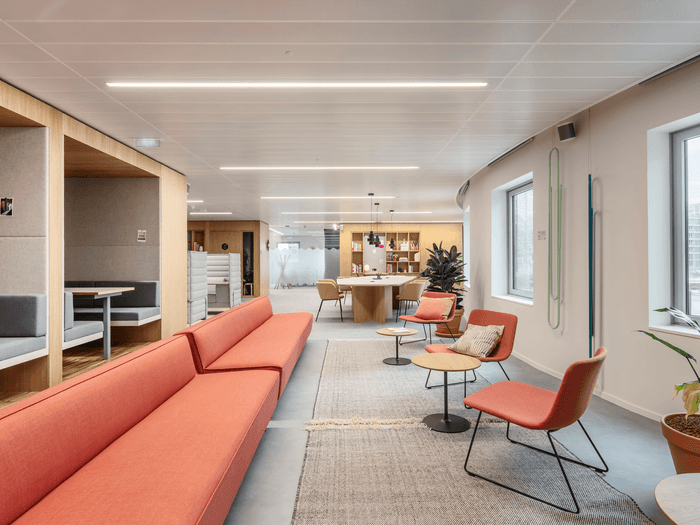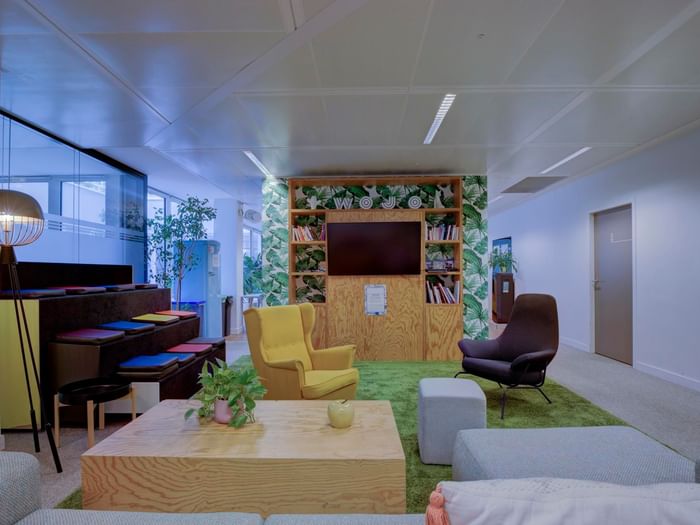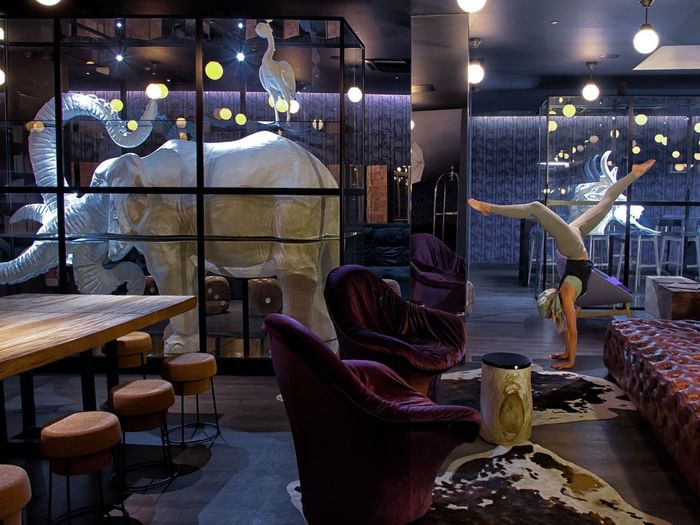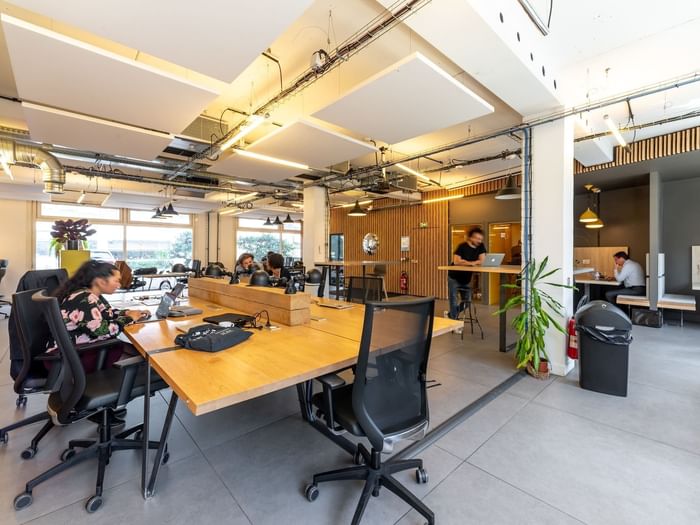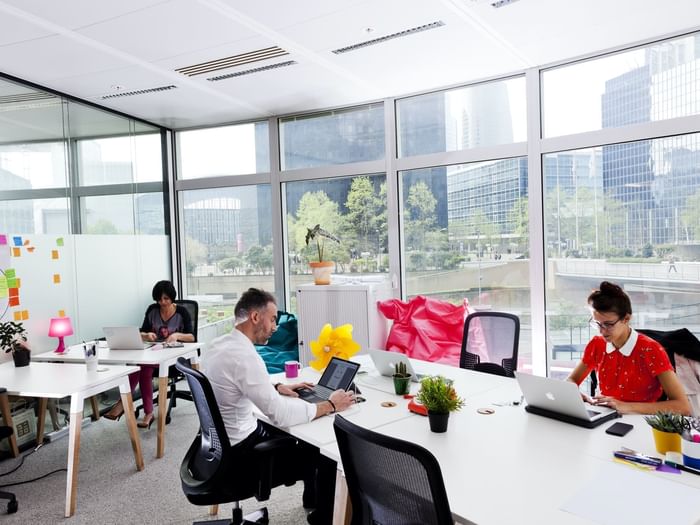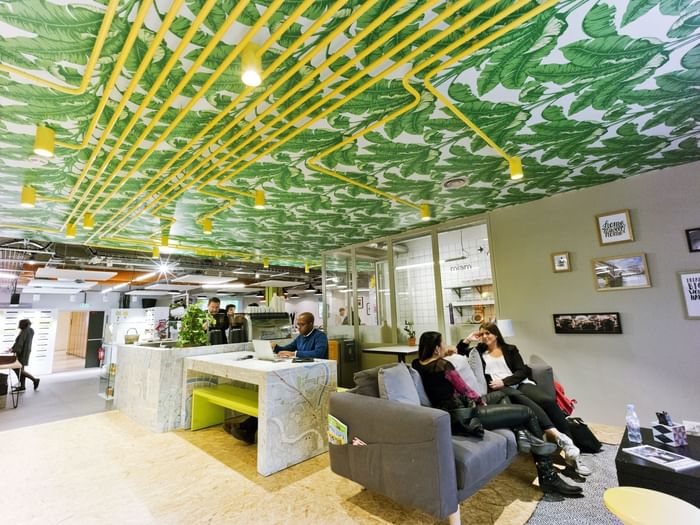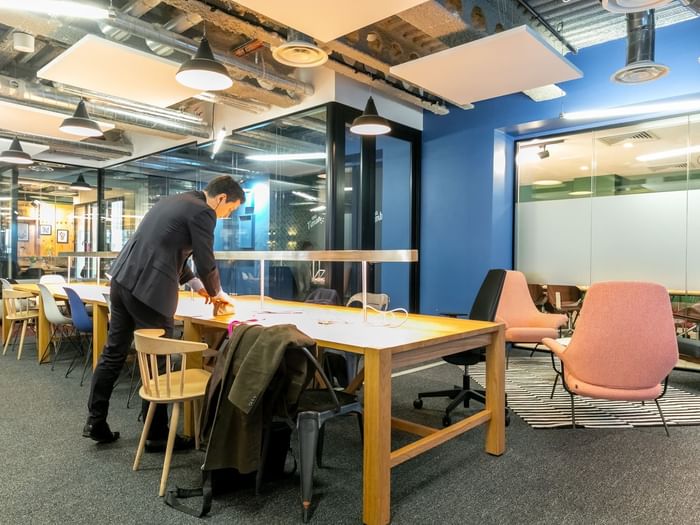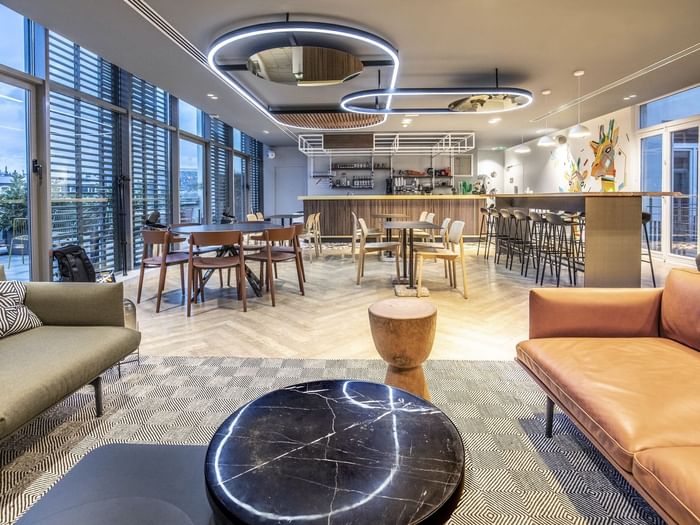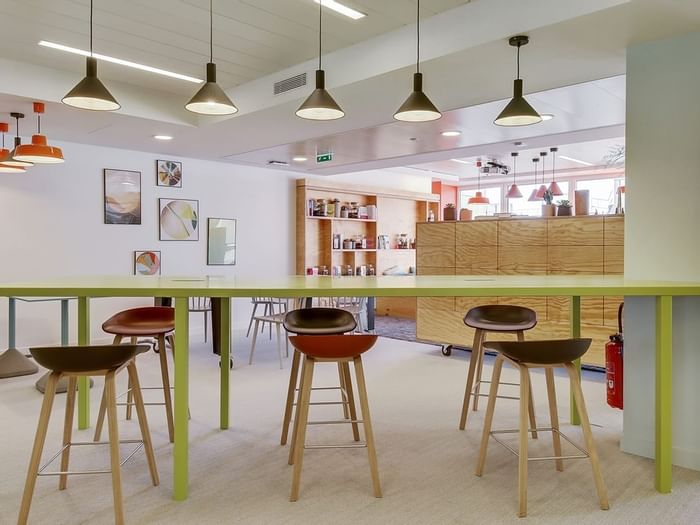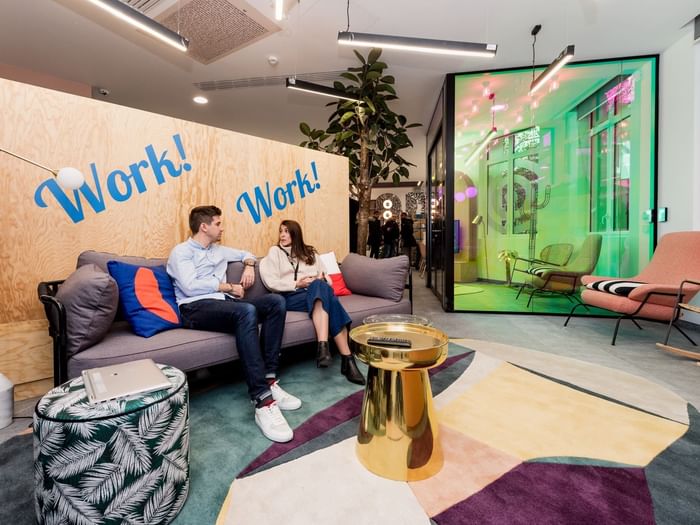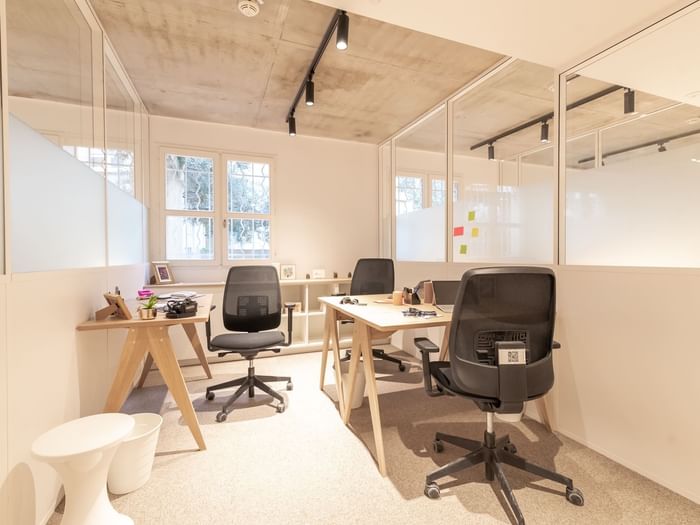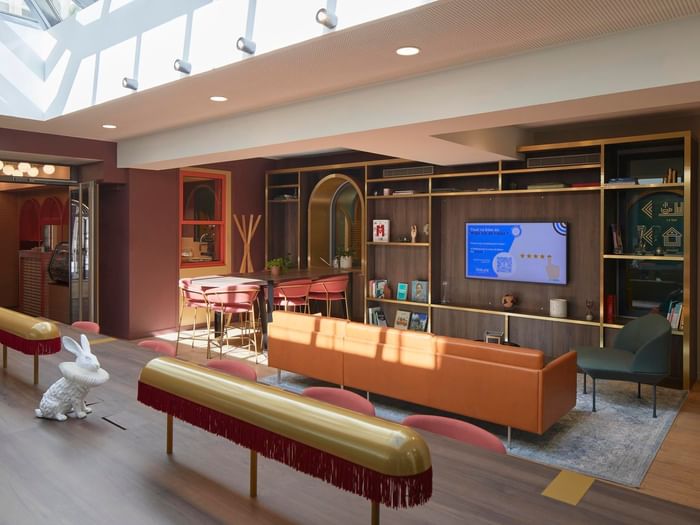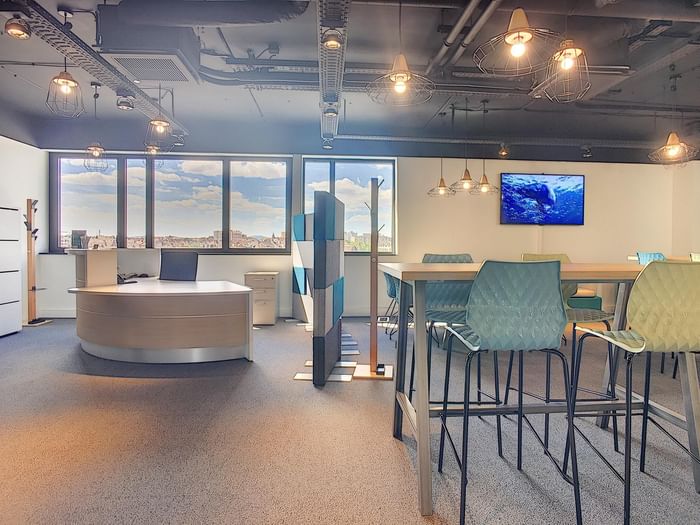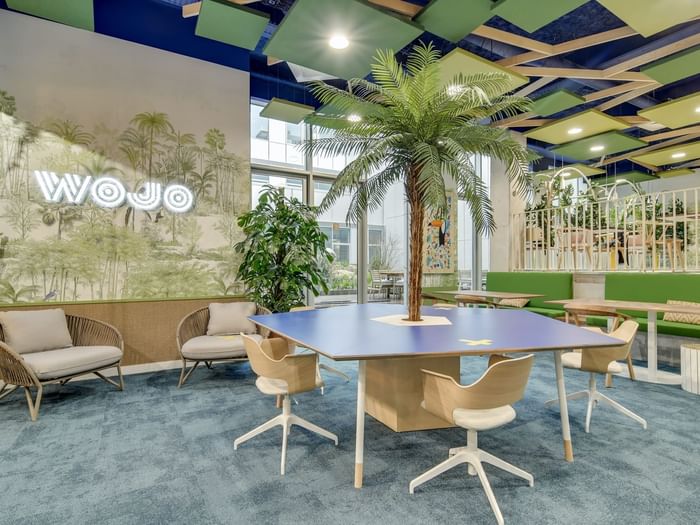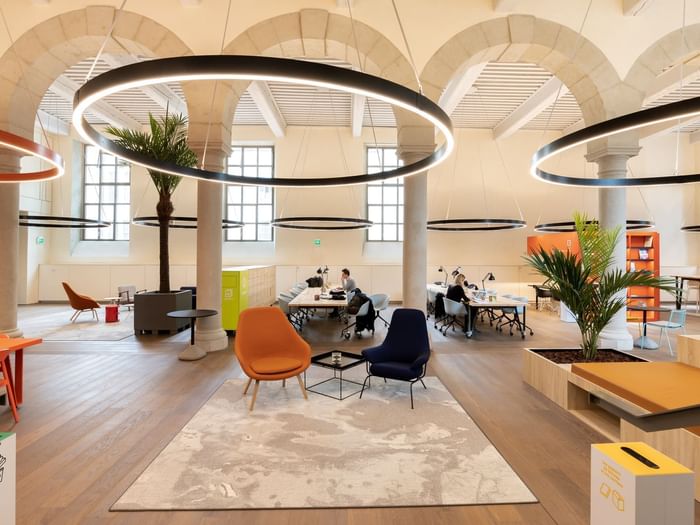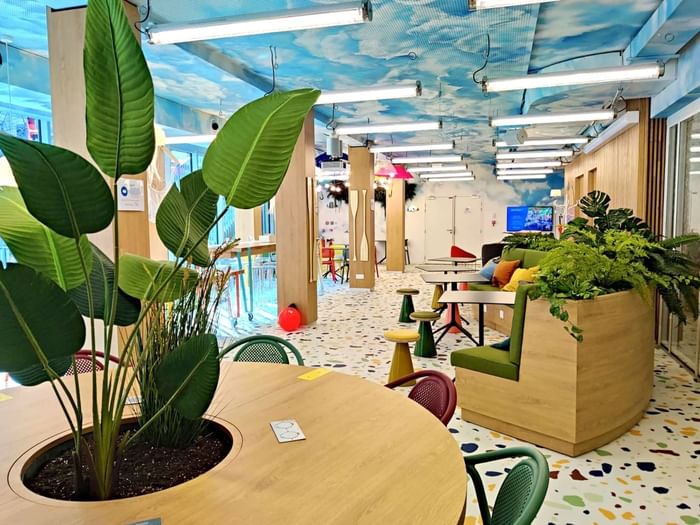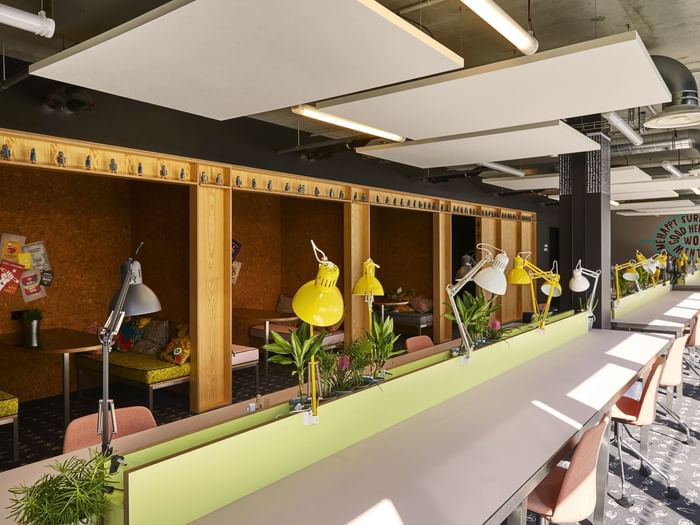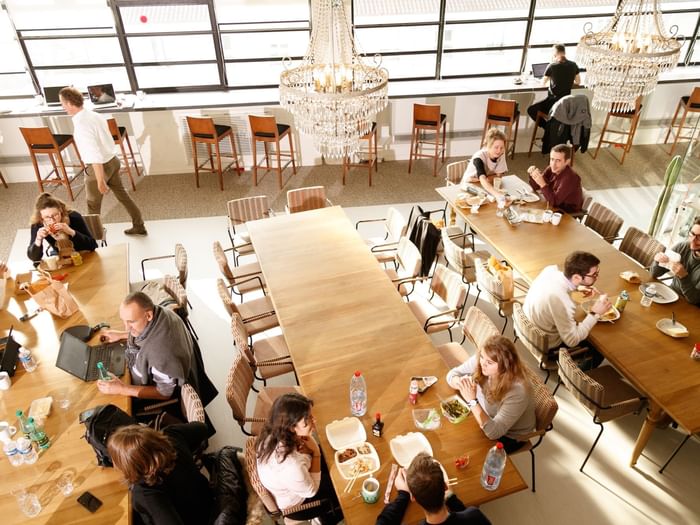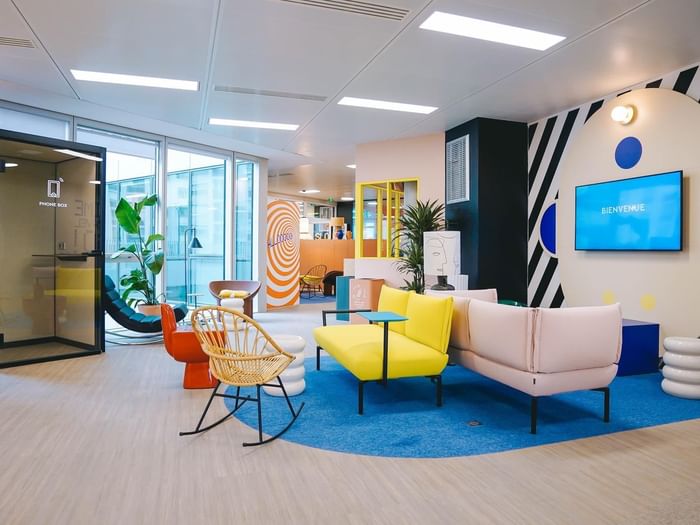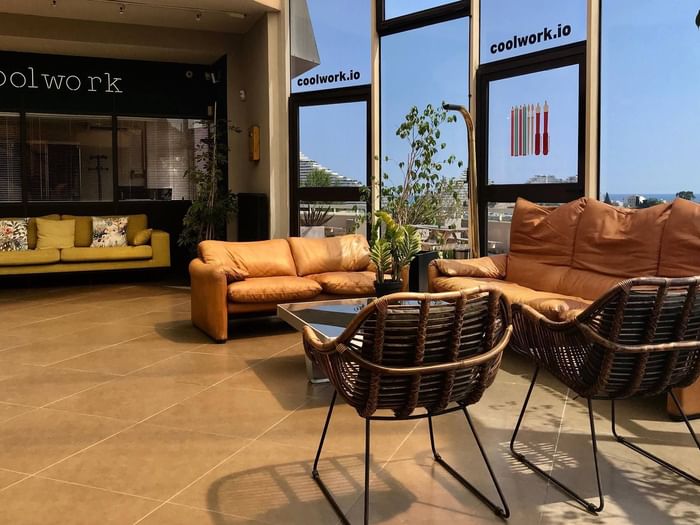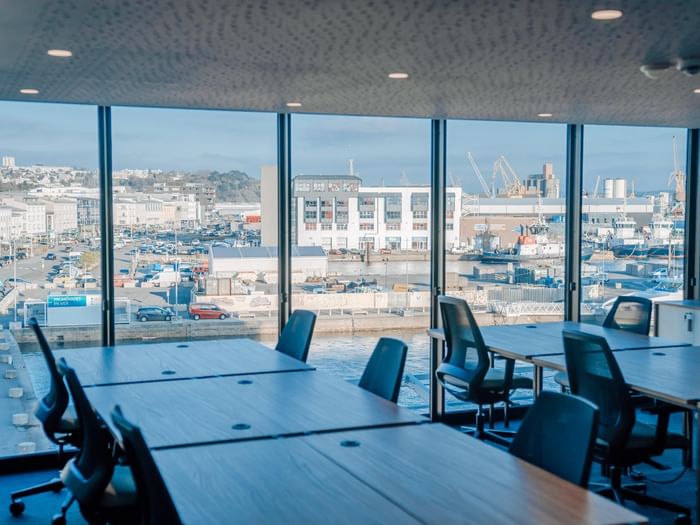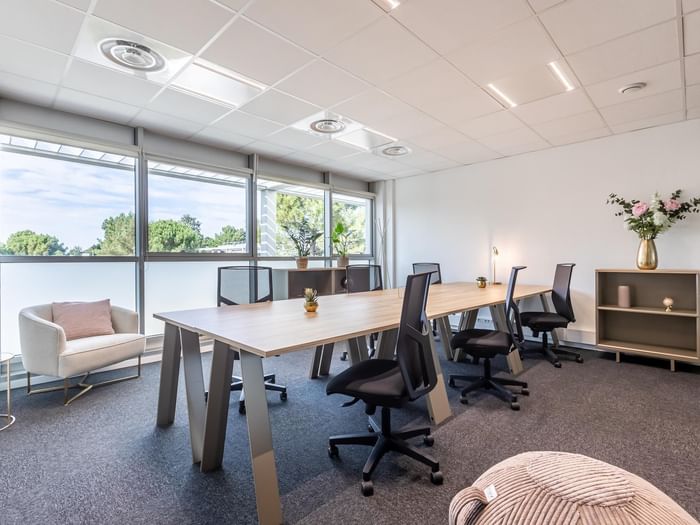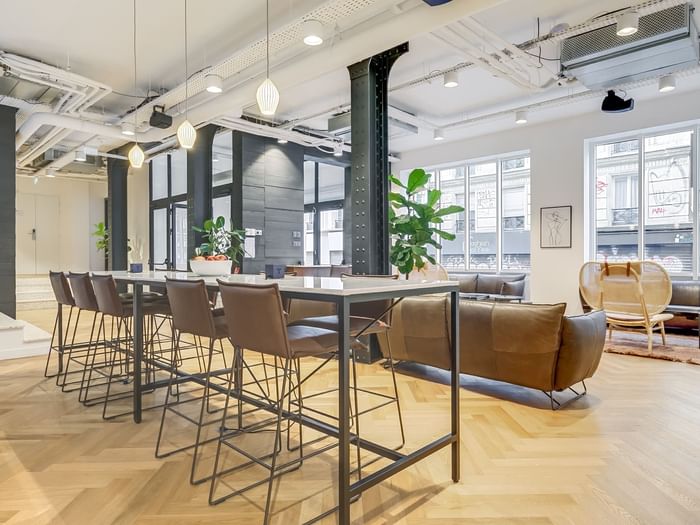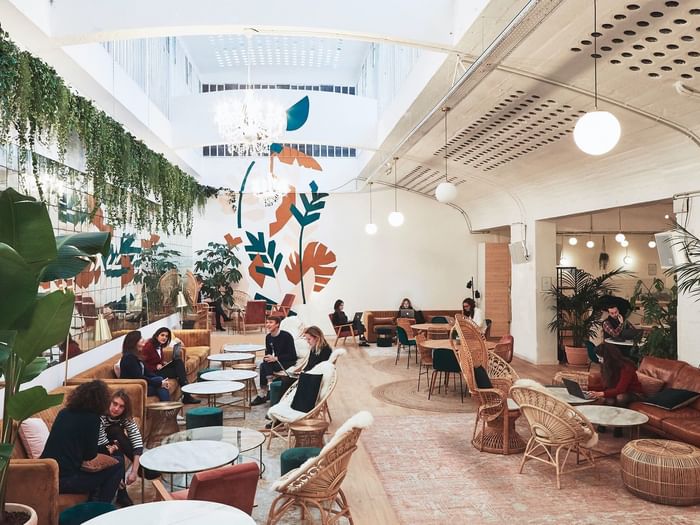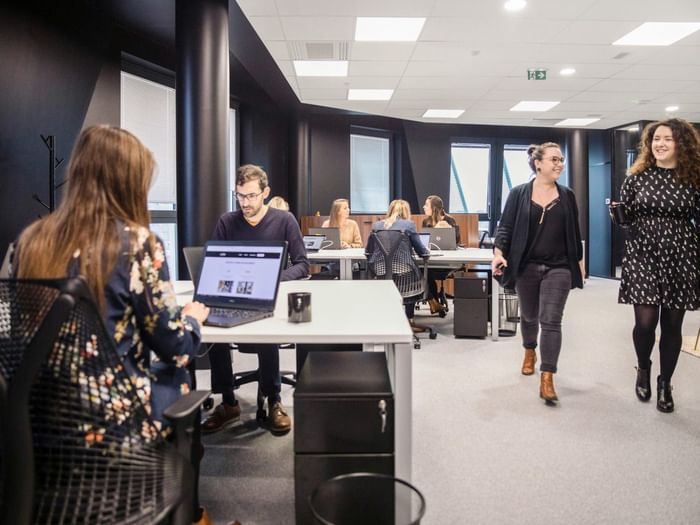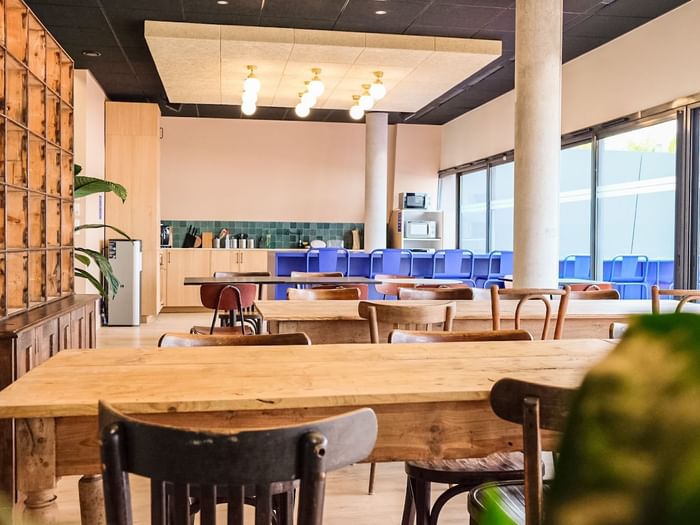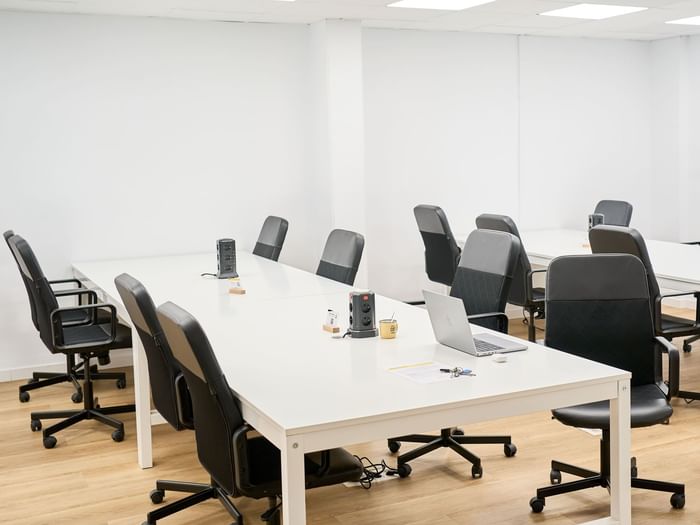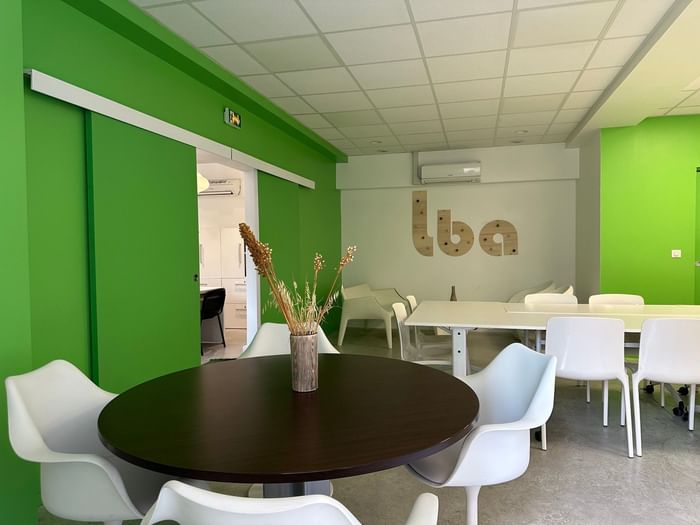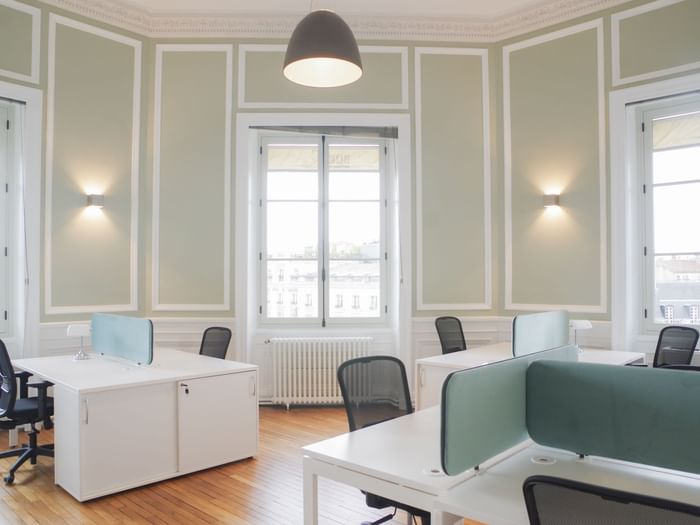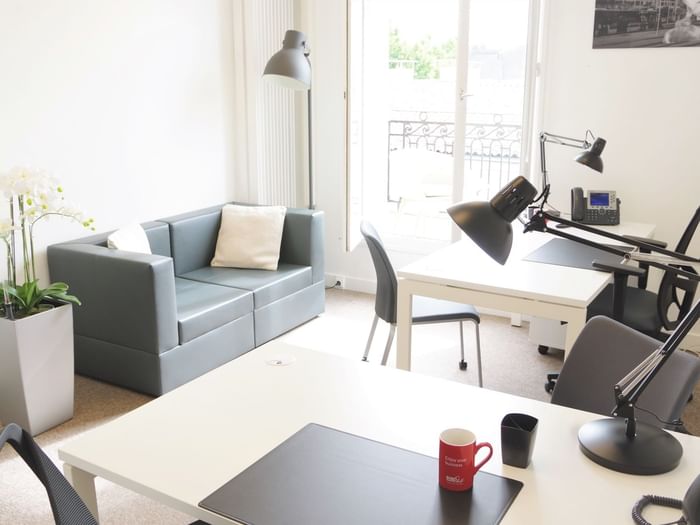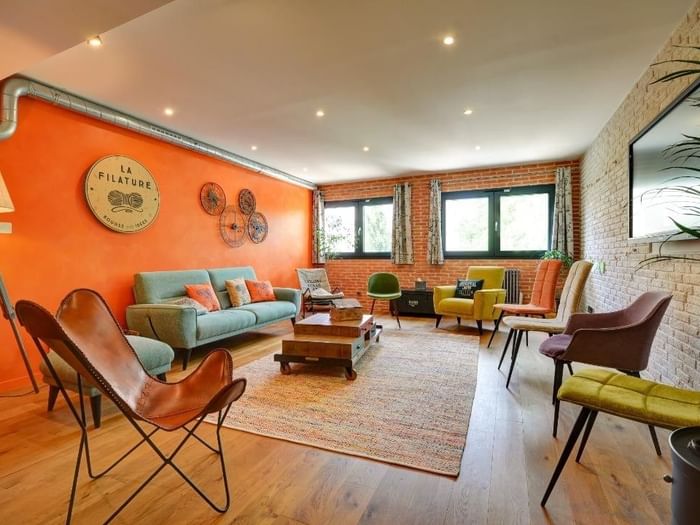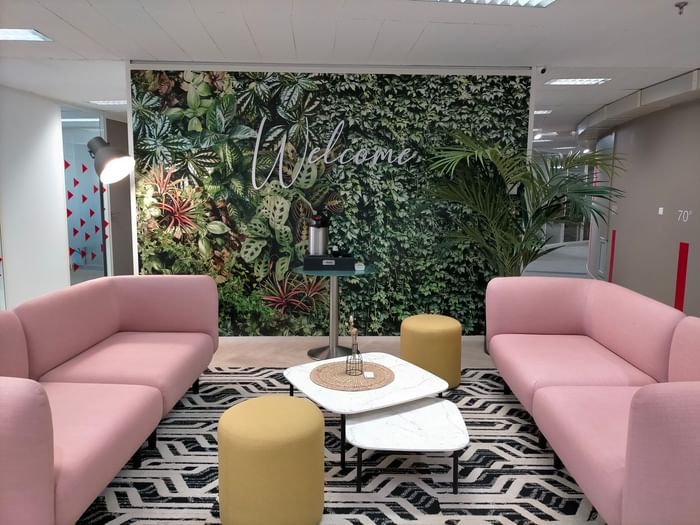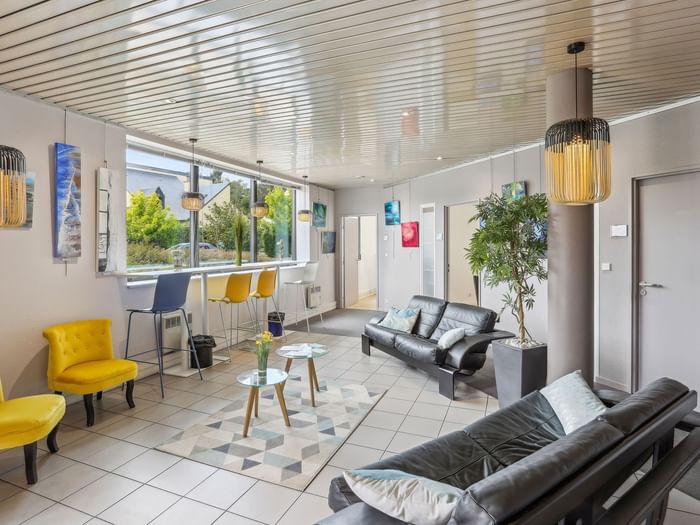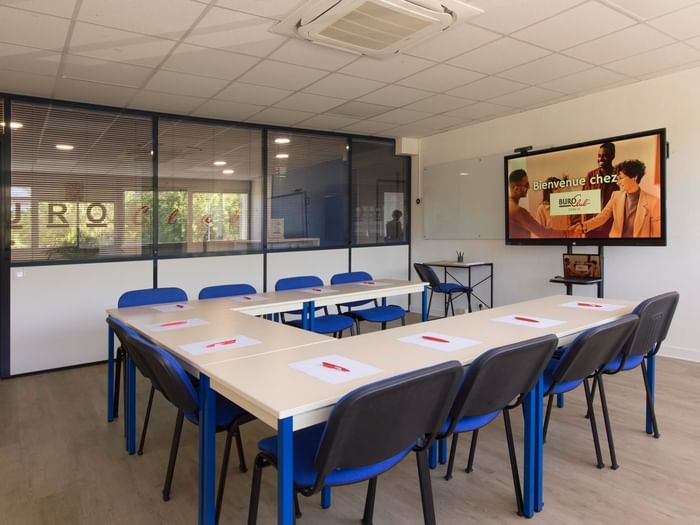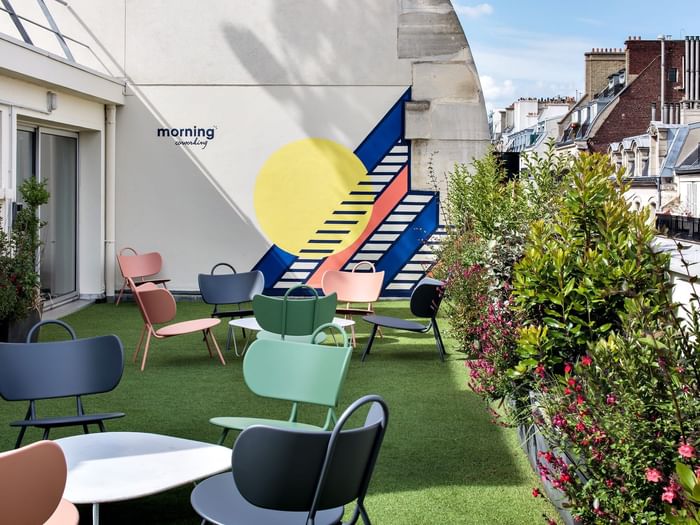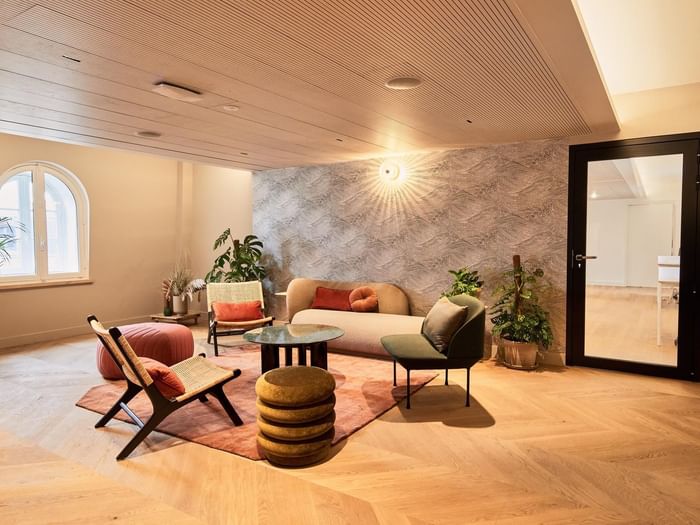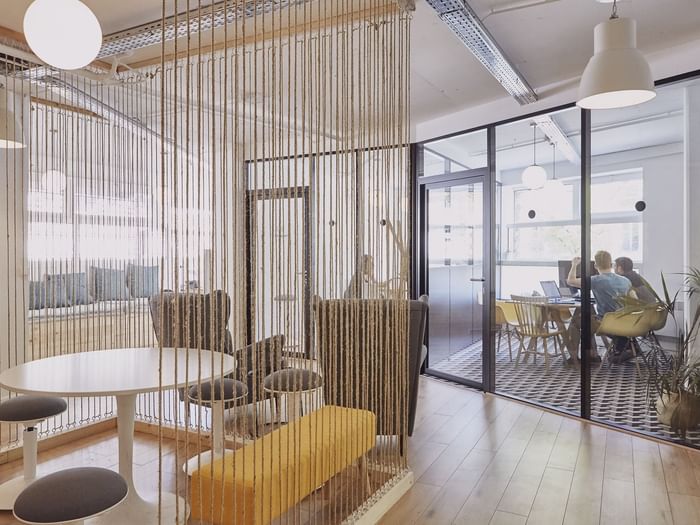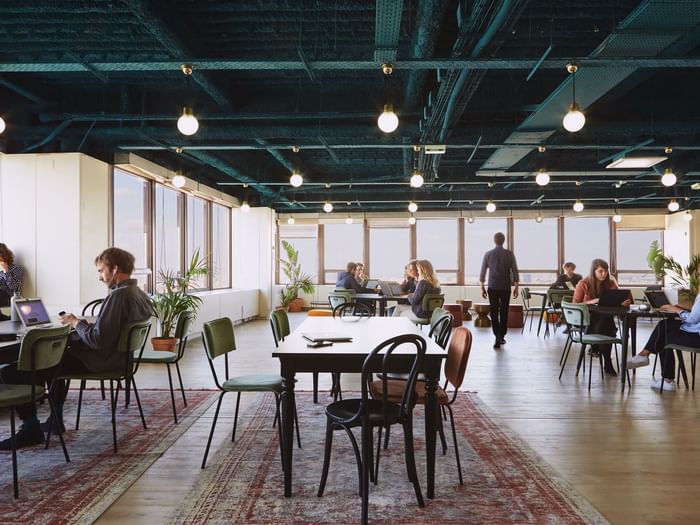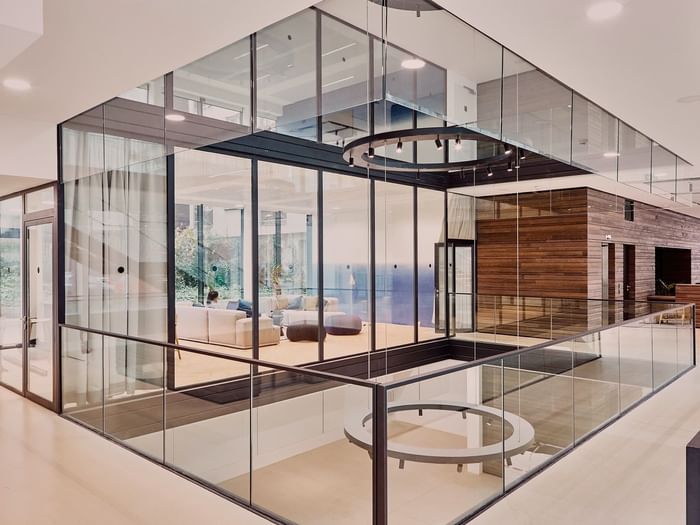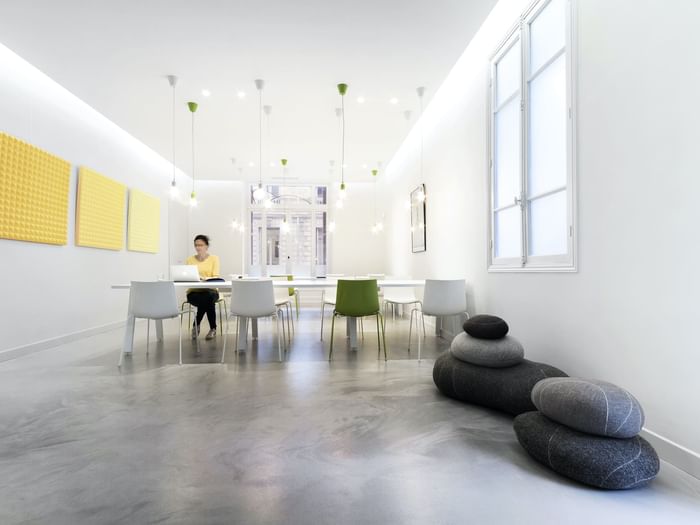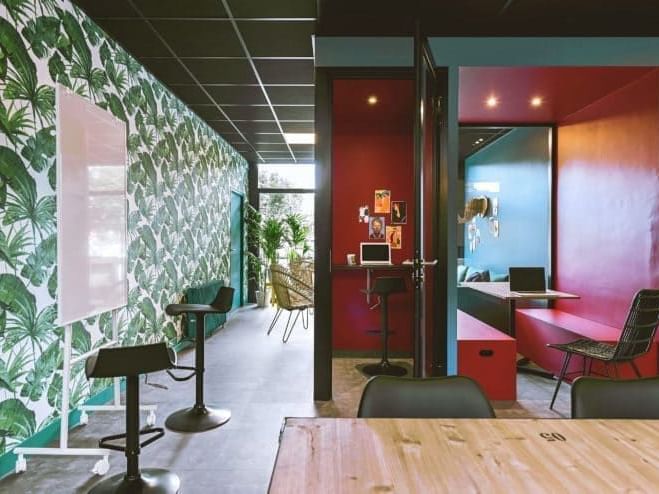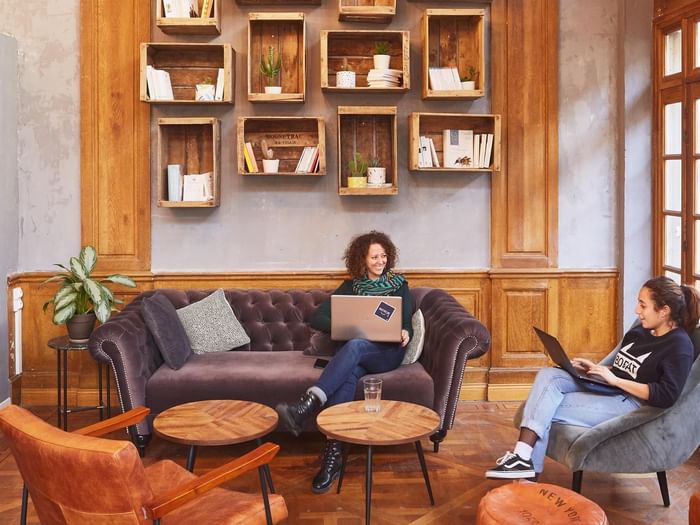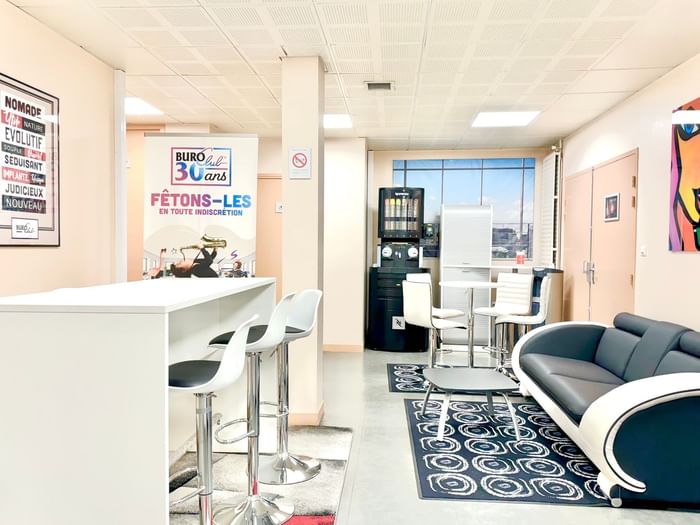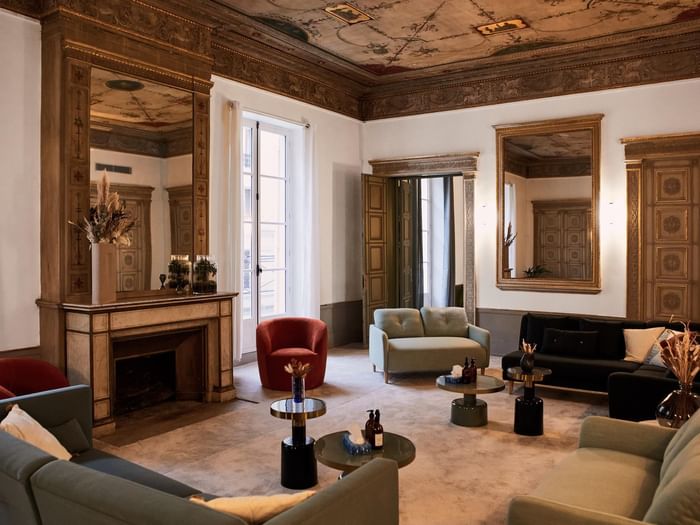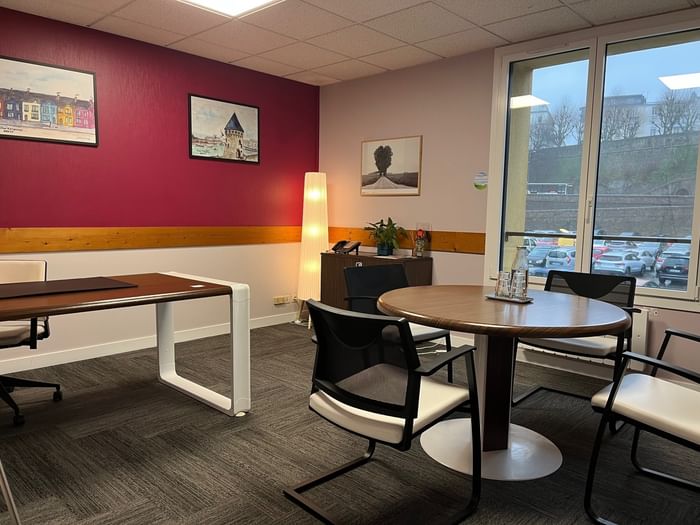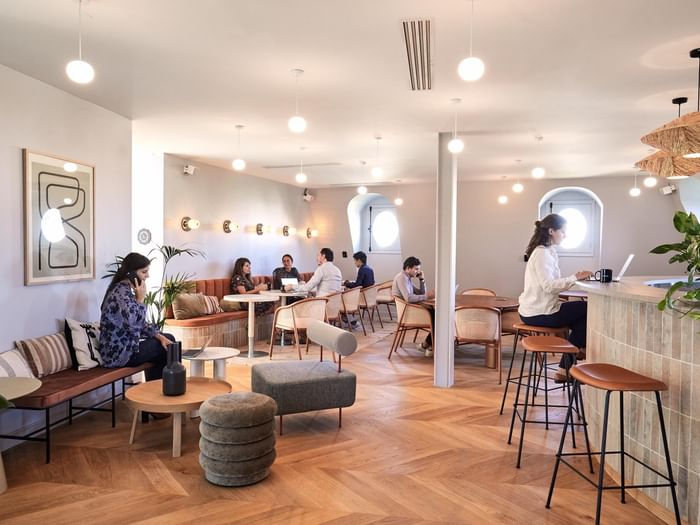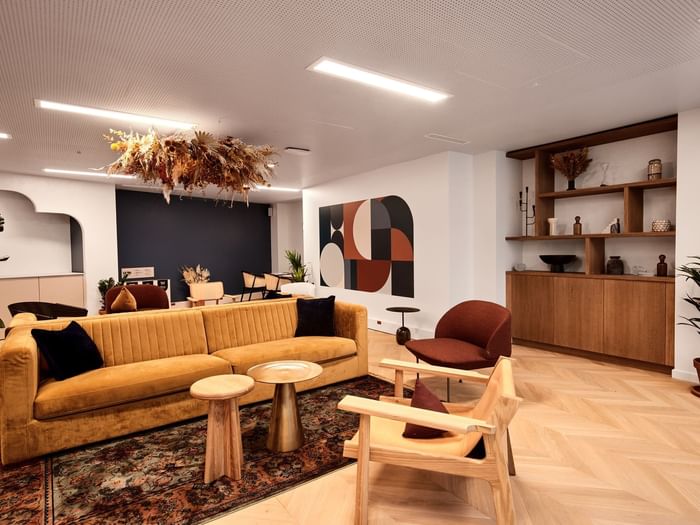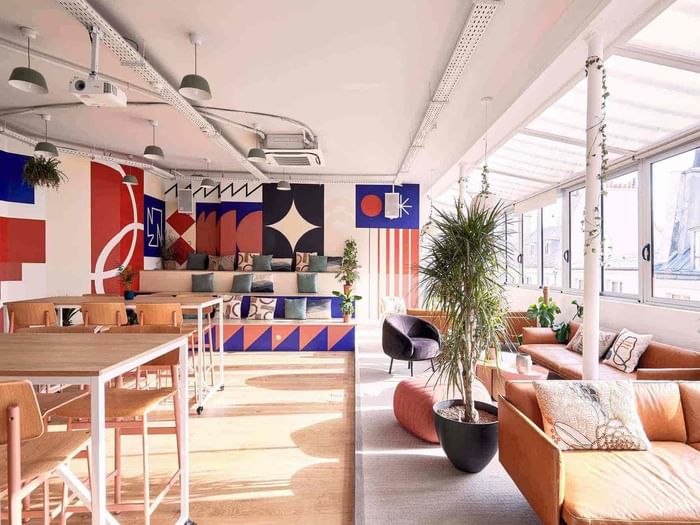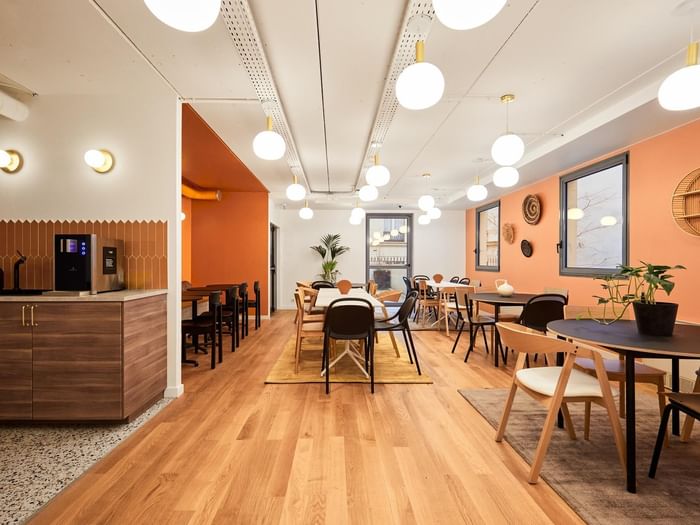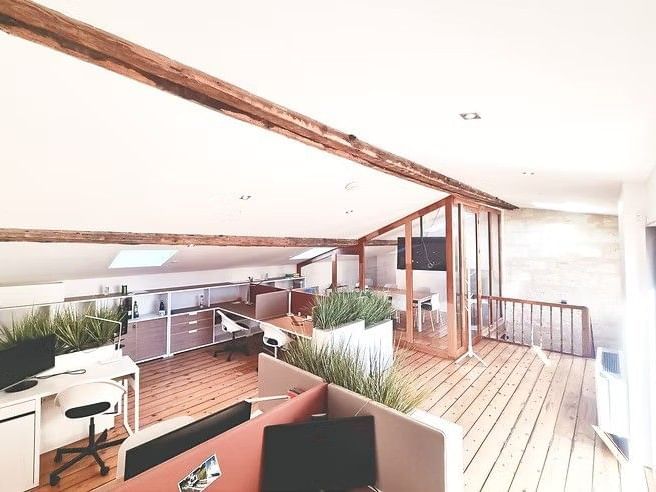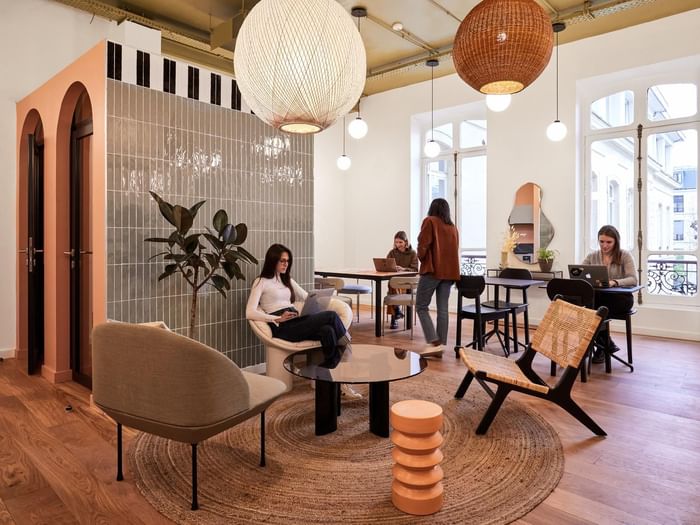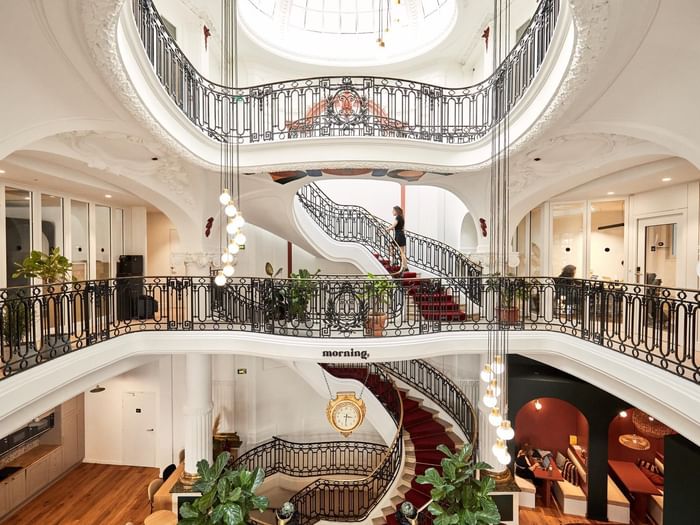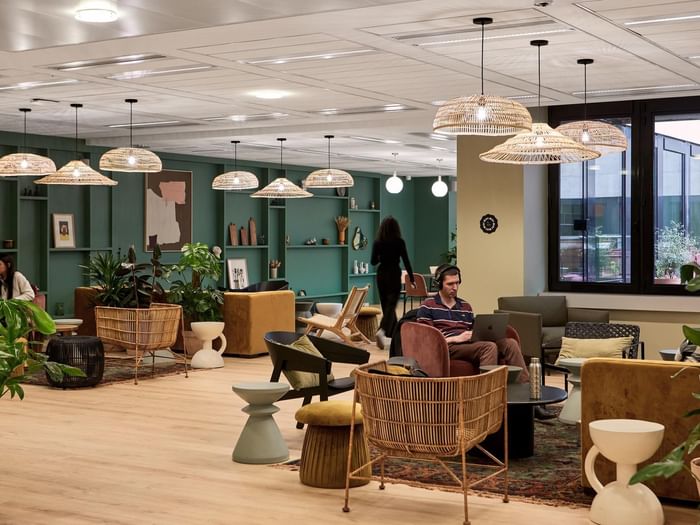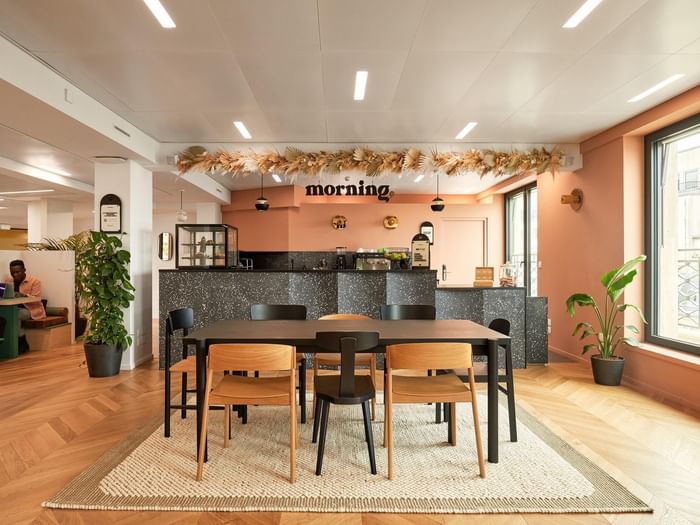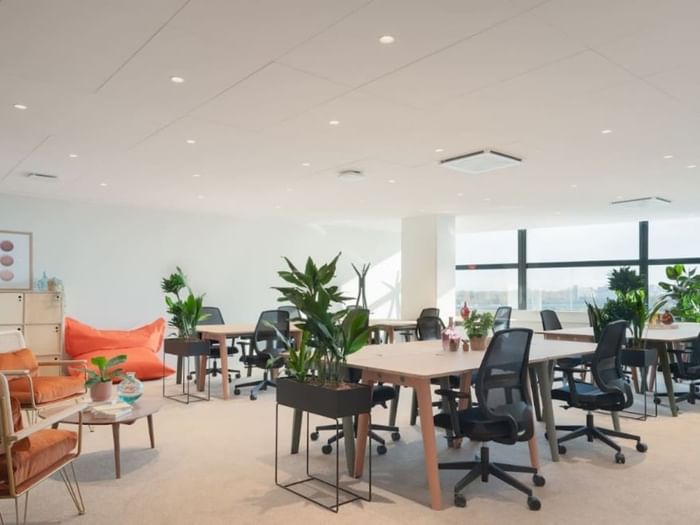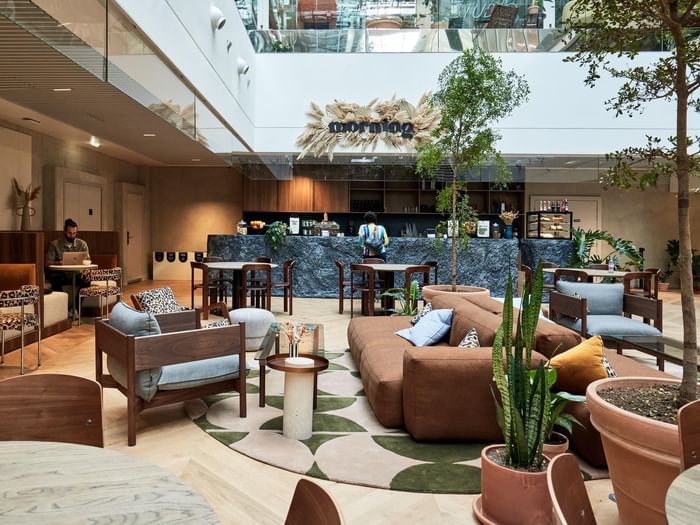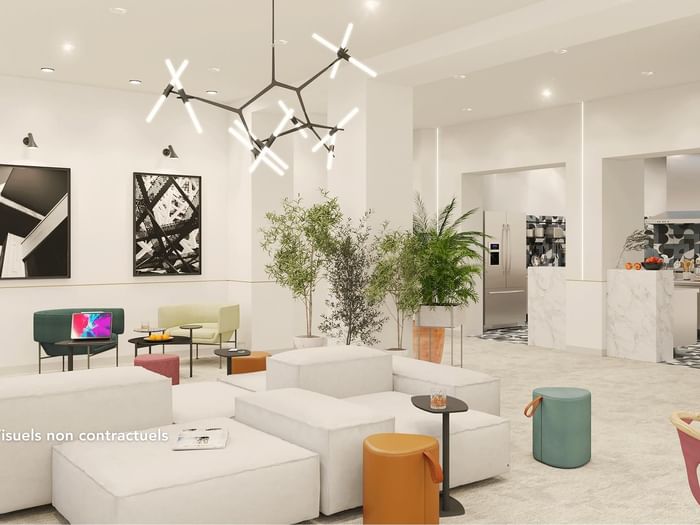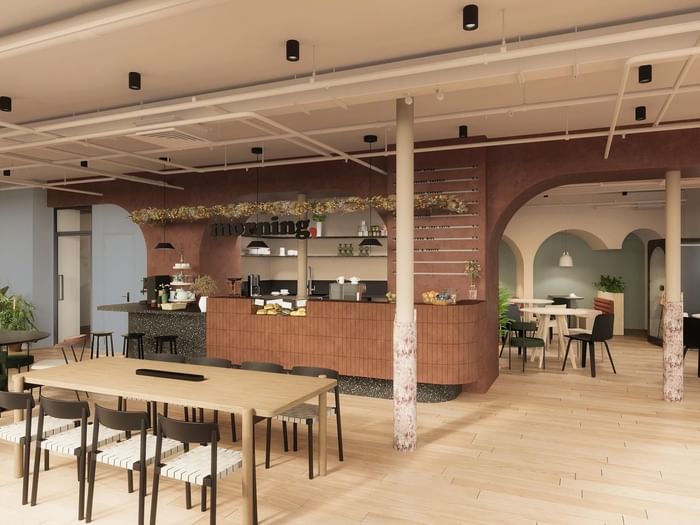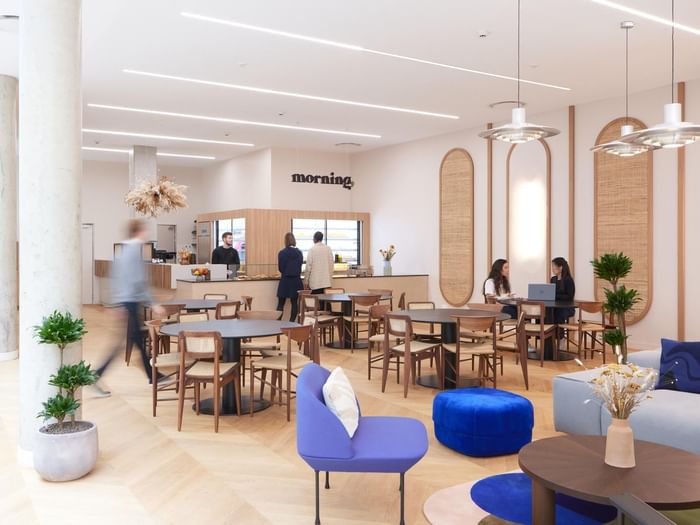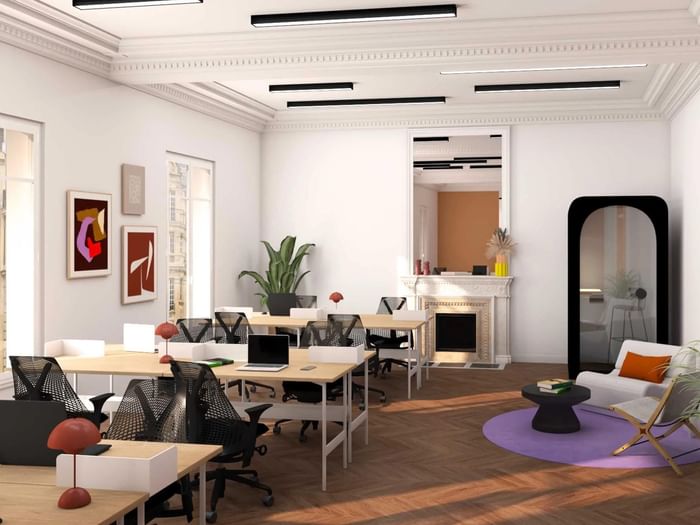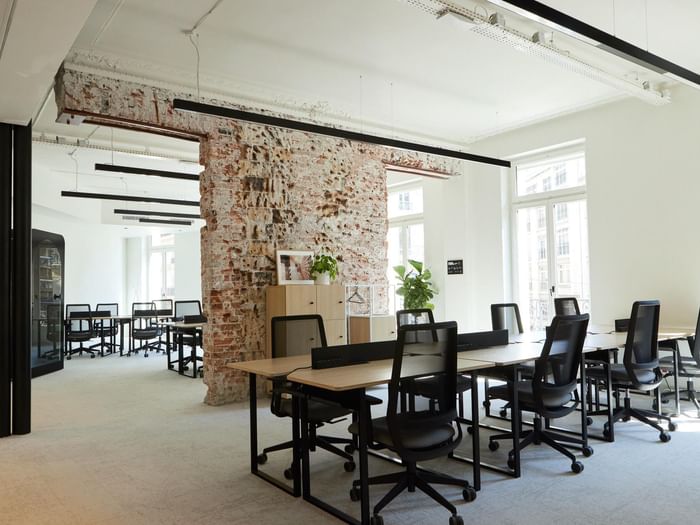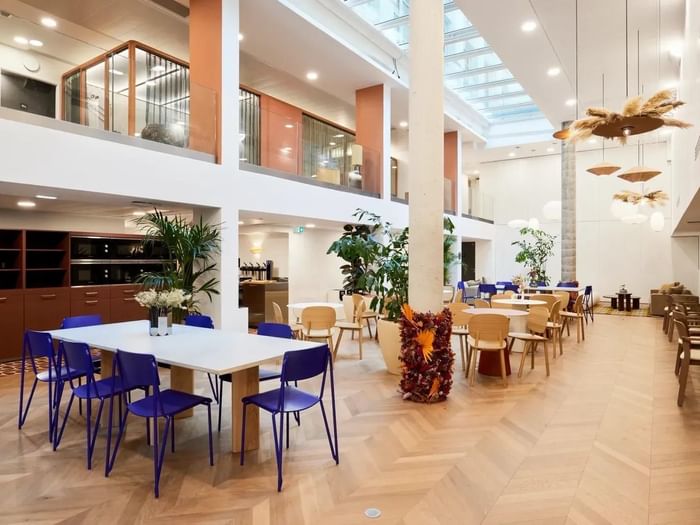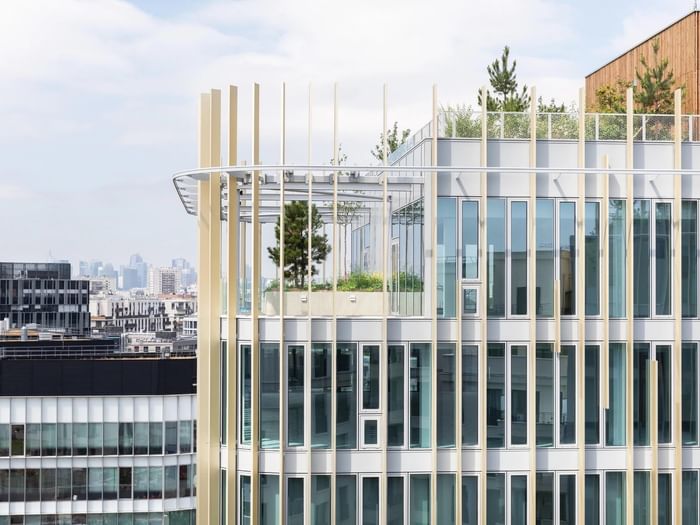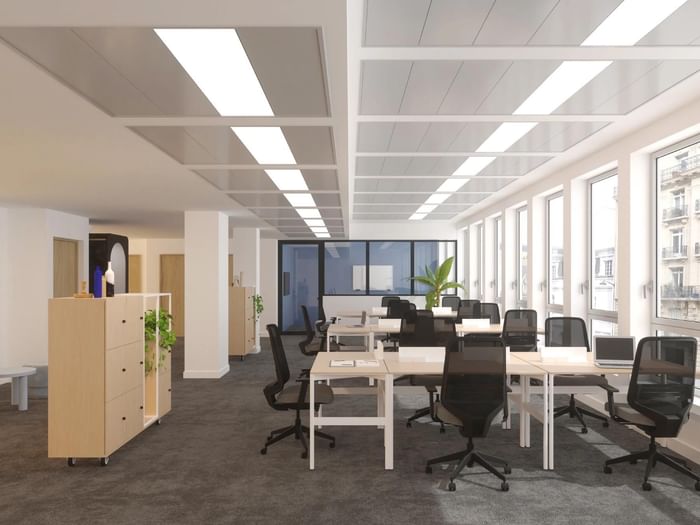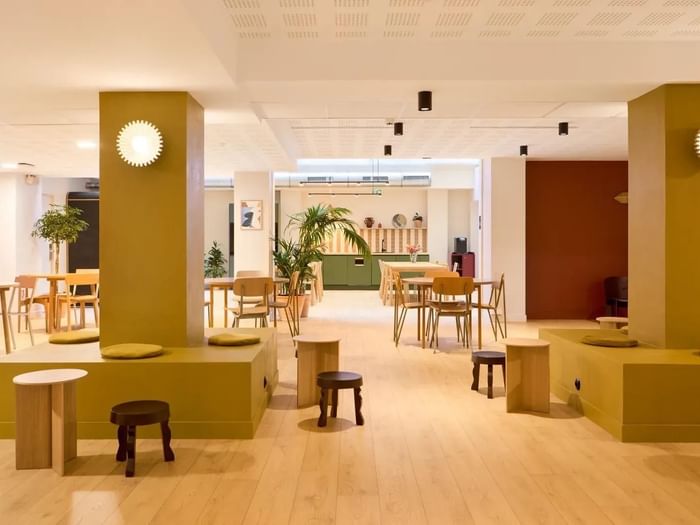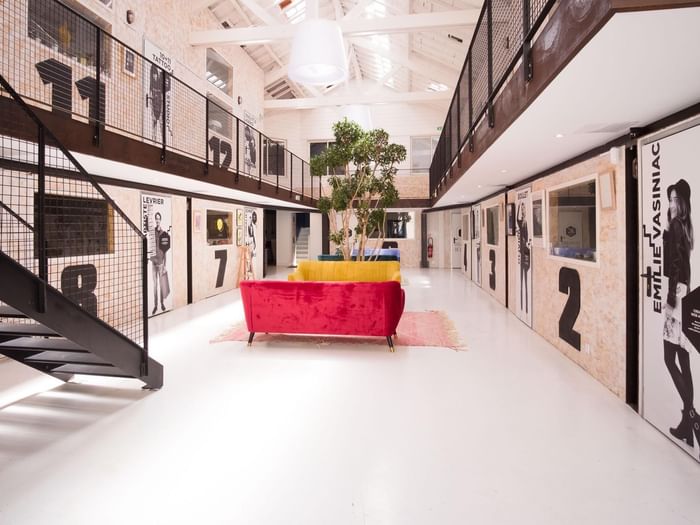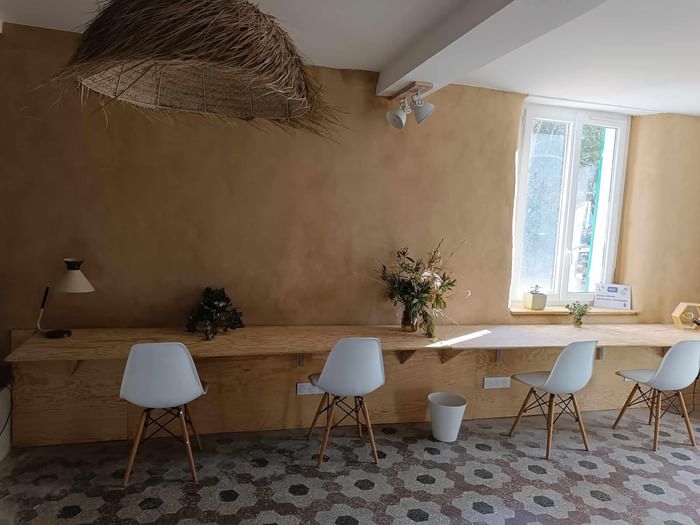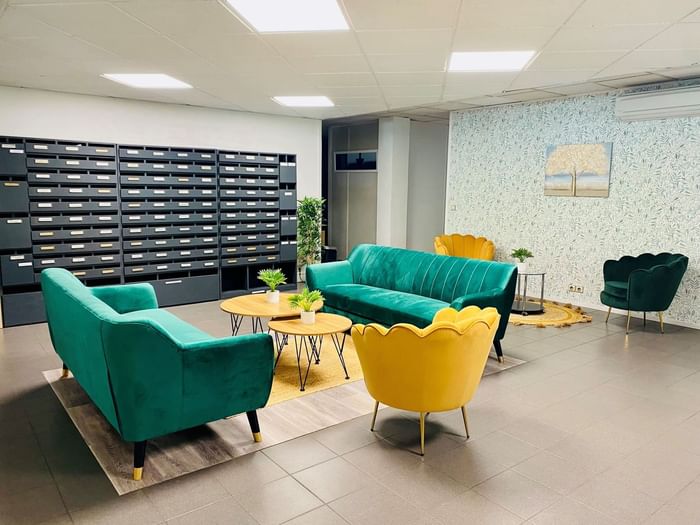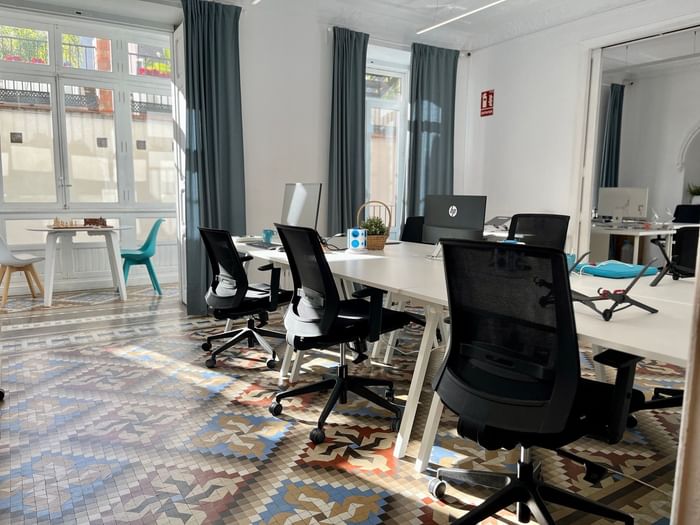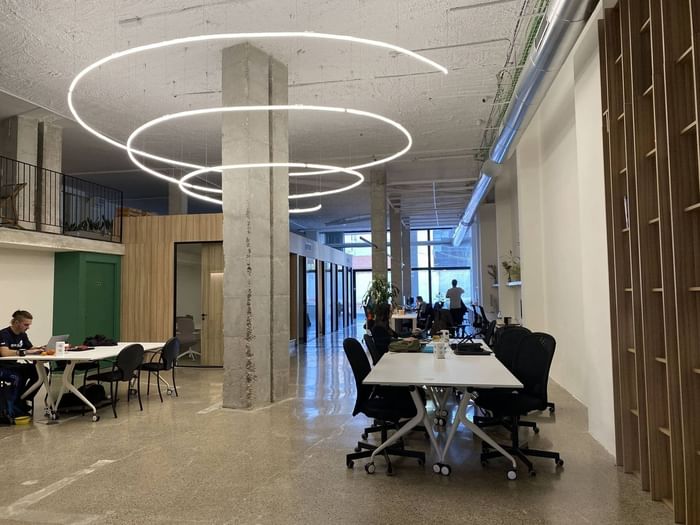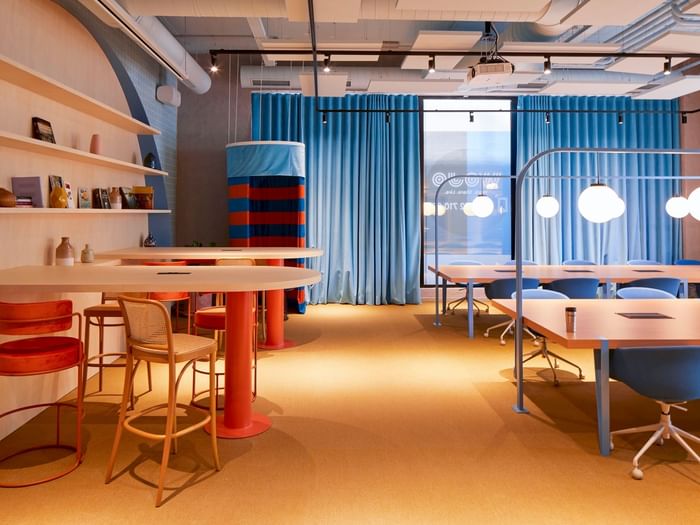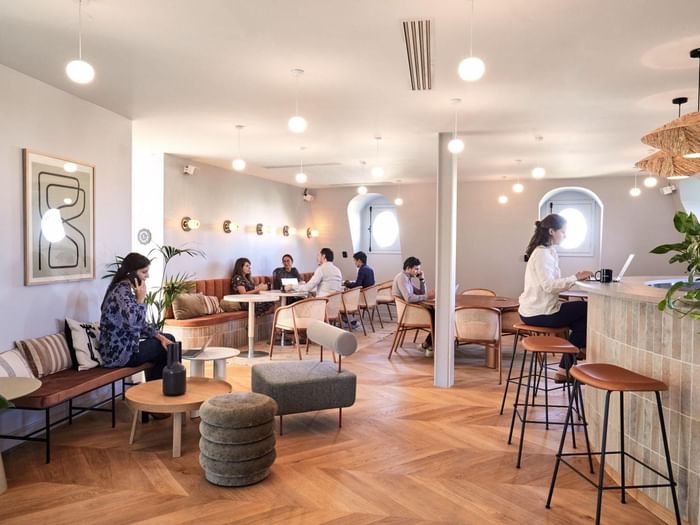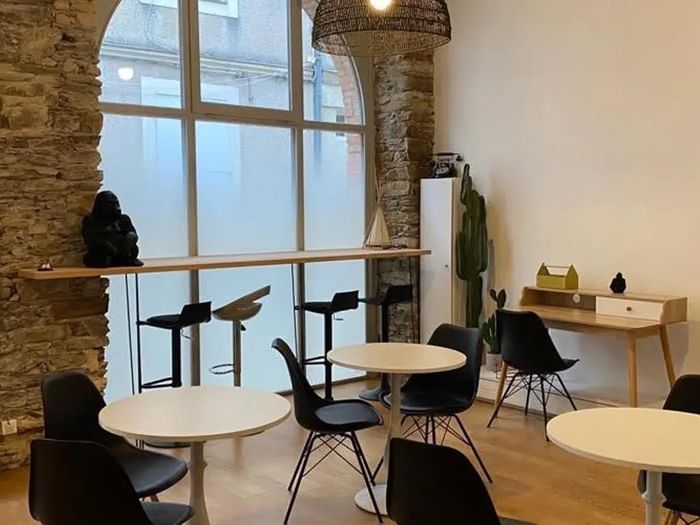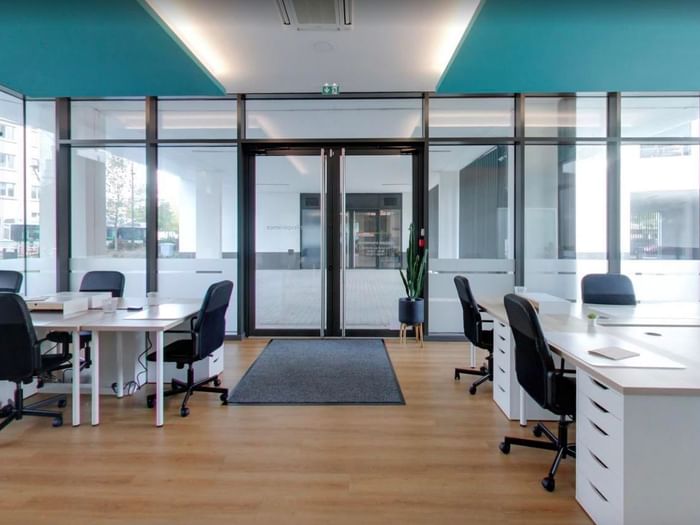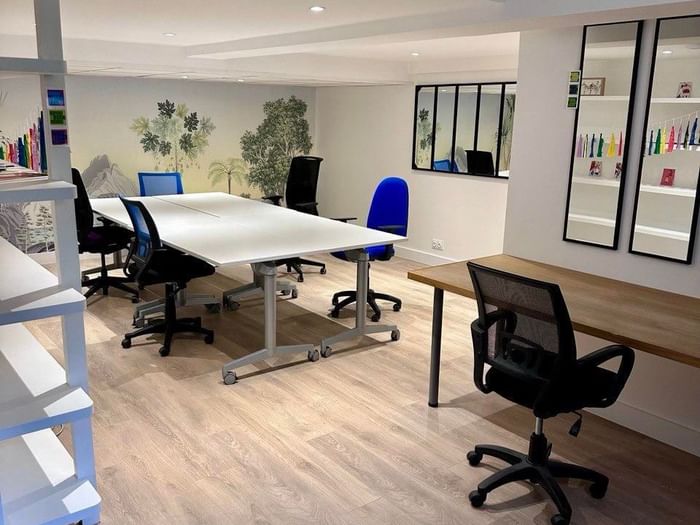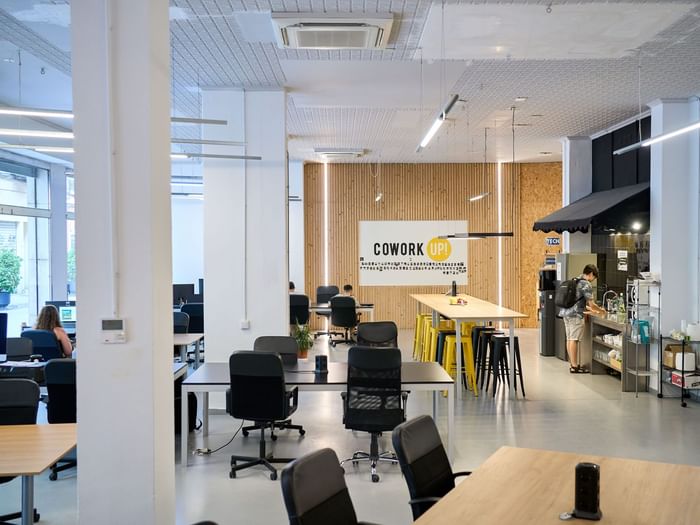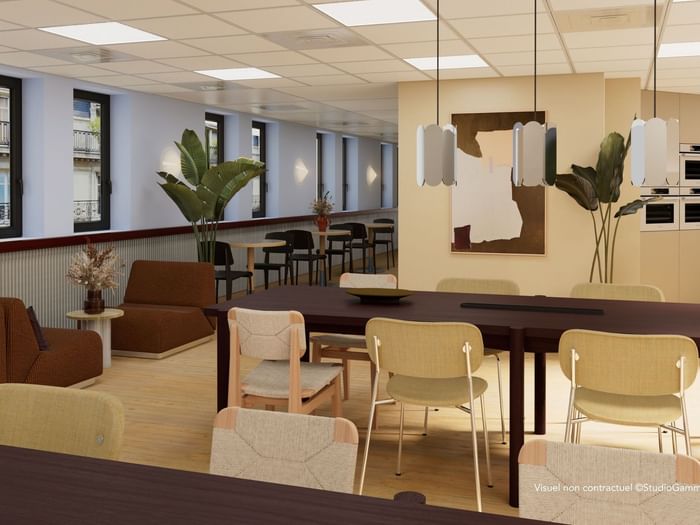Serviced Offices & Coworking Spaces
14103 results
Save time: we'll find your office space free of charge: find out more
-
Starting from€ 450 / month
-
Starting from€ 800 / month
-
Starting from€ 250 / month
-
Starting from€ 230 / month
-
Starting from€ 567 / month
-
Starting from€ 245 / month
-
Starting from€ 519 / month
-
Starting from€ 675 / month
-
Starting from€ 575 / month
-
Starting from€ 300 / month
-
Starting from€ 320 / month
-
Starting from€ 352 / month
-
Starting from€ 230 / month
-
Starting from€ 305 / month
-
Starting from€ 200 / month
-
Starting from€ 332 / month
-
Starting from€ 250 / month
-
Starting from€ 394 / month
-
Starting from€ 362 / month
-
Starting from€ 500 / month
-
Starting from€ 200 / month
-
Starting from€ 505 / month
-
Starting from€ 460 / month
-
Starting from€ 1,015 / month
-
Starting from€ 550 / month
-
Starting from€ 650 / month
-
Starting from€ 750 / month
-
Starting from€ 650 / month
-
Starting from€ 850 / month
-
Starting from€ 900 / month
-
Starting from€ 900 / month
-
Starting from€ 250 / month
-
Starting from€ 750 / month
-
Starting from€ 399 / month
-
Starting from€ 450 / month
-
Starting from€ 500 / month
-
Starting from€ 700 / month
-
Starting from€ 379 / month
-
Starting from€ 490 / month
-
Starting from€ 780 / month
-
Starting from€ 450 / month
-
Starting from€ 480 / month
-
Starting from€ 408 / month
-
Starting from€ 720 / month
-
Prices on request, contact us
-
Starting from€ 450 / month
-
Starting from€ 330 / month
-
Prices on request, contact us
-
Starting from€ 556 / month
-
Starting from€ 470 / month
-
Starting from€ 450 / month
-
Prices on request, contact us
-
Starting from€ 1,200 / month
-
Starting from€ 550 / month
-
Starting from€ 450 / month
-
Starting from€ 550 / month
-
Prices on request, contact us
-
Prices on request, contact us
-
Prices on request, contact us
-
Prices on request, contact us
-
Prices on request, contact us
-
Starting from€ 850 / month
-
Starting from€ 375 / month
-
Prices on request, contact us
-
Starting from€ 440 / month
-
Prices on request, contact us
-
Prices on request, contact us
-
Prices on request, contact us
-
Prices on request, contact us
-
Prices on request, contact us
-
Prices on request, contact us
-
Starting from€ 1,400 / month
-
Starting from€ 800 / month
-
Prices on request, contact us
-
Starting from€ 750 / month
-
Starting from€ 975 / month
-
Starting from€ 620 / month
-
Starting from€ 975 / month
-
Starting from€ 885 / month
-
Prices on request, contact us
-
Prices on request, contact us
-
Starting from€ 850 / month
-
Starting from€ 800 / month
-
Starting from€ 950 / month
-
Prices on request, contact us
-
Starting from€ 750 / month
-
Starting from€ 795 / month
-
Prices on request, contact us
-
Prices on request, contact us
-
Prices on request, contact us
-
Starting from€ 440 / month
-
Starting from€ 440 / month
-
Starting from€ 400 / month
-
Starting from€ 875 / month
-
Starting from€ 375 / month
-
Starting from€ 375 / month
-
Starting from€ 1,200 / month
-
Prices on request, contact us
-
Prices on request, contact us
Coworking Reinventing the art of working
In just a few years, coworking has become a worldwide phenomenon. The trend is confirmed in all major European cities where pure players, with means that are far from those of the coworking pioneers, live with local coworking brands. Coworking has become a way of life for a very diverse public. Its first followers were freelancers from the digital economy (developers, web designers...), then joined by freelancers from all sectors (graphic designers, consultants, journalists, lawyers...), business creators and startups, students and digital nomads. And today, large companies are not left out since their employees represent nearly 40% of coworkers!
In 1995, the first shared workspace was born in Berlin, considered as a precursor of coworking: the C-base, a hackerspace hosting an association of computer scientists. In 2002, Austria was also a pioneer in opening the Schraubenfabrik, a community space for companies. But it was in 2006 in San Francisco, with the creation of the Hat Factory, the first full-time coworking space, that this new way of working really took off. The first official European spaces were then created, in 2007 in Barcelona, in 2008 in Paris and in 2009 in Berlin. At the end of 2017, 1.2 million people were working in nearly 14,000 coworking spaces on five continents.
An ecosystem in tune with changes in the workplace
The rise of coworking is inextricably linked to that of the sharing economy, which, in response to the 2008 crisis, has stimulated the sharing of goods (cars, housing, parking, etc.), services (carpooling, do-it-yourself, etc.) and knowledge (online courses and tutorials, local exchange systems, etc.). This societal upheaval takes advantage of the digital technologies with which the Millennials generation has grown up and which will represent 1/3 of the active population in 2020. Attached to the notions of autonomy and mobility, these digital natives find them in their professional life, companies integrating more and more practices from the collaborative economy in their management approach.
Work organizations are thus emancipating themselves from the traditional vertical hierarchical model to favor transversality, conviviality and co-creativity between employees. Telecommuting is facilitated and intrapreneurship is encouraged, allowing an employee to transform a project into a profitable activity within his or her company. Whether the reason is generational or linked to past experience, employees make quality of life at work, cross-fertilization (mutual enrichment) and sharing of skills within the company, priorities. And coworking is one of the answers to these expectations, which are real challenges in attracting and retaining talent.
A response to the need for flexibility in the company
Coworking spaces are the auxiliary of the decentralization of companies and their internationalization, which generate an increased mobility of the employees in search of reliable and comfortable places to work when they travel. They are also an alternative to traditional office rental, appreciated by companies whose financial resources do not allow them to commit to firm leases or to invest in equipment. Finally, these spaces are ideal for experimenting with new work methods and promoting managerial and behavioral changes within teams.
Often limited by the company to the outsourcing of an R&D cell or the implementation of telecommuting, the notion of 'third places' takes a new dimension through the rise of coworking spaces. Their use allows them to be established in the most sought-after areas of city centers, where vacant spaces are scarce. They also represent a "turnkey" response to quality of life issues at work by reducing, for example, travel time, which can have a real impact on employee productivity.
As a missing link in the real estate chain, coworking spaces offer a new range of solutions designed to meet the growing need for flexibility of companies and their activities. The flexibility they provide remains their main asset, but the profitability of this type of rental will depend to a large extent on its duration. This is why one of the criteria to be assessed as a priority, before installing a start-up or the team of a major account working in project mode, will be the predictability or not of the business model of the activity concerned. Critical size of teams, integration of future recruitments, evolution in surface of work spaces: the use of flex office will represent the best option for the company which lacks visibility on these various elements. Independently of its intangible contribution, and compared to standard real estate costs, one of the advantages of coworking is the fact that you can leave when you want, without having to pay for the financial depreciation of office equipment.
Whether they are urban, suburban or more rarely rural, these third places of the future are now attracting a growing number of companies that were previously highly centralized.
Coworking An attractive market
While the original spirit of coworking was based on the possibility of bringing together a community, the economic model of the new players is closer to the business and service center 2.0. Alongside pure players such as the American WeWork, we are seeing the arrival of real estate giants in this future niche. The Regus group, the world leader in business centers, has acquired Spaces, a pure player created in 2006 in Amsterdam. In England, the American Blackstone, one of the world's largest investment funds, has become a majority shareholder in TOG (The Office Group), an operator with spaces in more than 30 London buildings.
In France, the real estate company Gecina has created its subsidiary Secondesk, offering its clients' employees a "second office". The startup Kwerk has joined forces with the developer Les Nouveaux Constructeurs. The global group Accor Hotels has invested in the Wojo brand. Today, employees, whether seconded by their company or on the move, are investing in coworking spaces in large numbers. Specific activities have been set up to develop a community aimed at facilitating exchanges and innovation by blurring the boundaries between professions and functions, and creating synergies between players inside and outside the company.
Differentiation through the service offering
Like any emerging market with strong potential, coworking has seen the number of players grow exponentially. Faced with the competition, each brand is competing creatively to enrich its offer with an ever-increasing number of additional services. Independently of the flexibility provided by the subscription formulas (by the hour, by the week, by the month), they give the workspaces a practical added value that fully meets the expectations of coworkers.
The initiatives that bring a new dimension to the attractiveness of coworking take a variety of forms, reflecting a real premiumization of the offer. Some are directly linked to the exercise of the professional activity: business domiciliation, administrative and technical assistance, private offices and meeting rooms, shared web platform, thematic training, individual and collective coaching. Other facilities contribute to the improvement of the quality of life and the conviviality of the environment: concierge service, crèche, bar, canteen, equipped kitchen, library, fitness or relaxation room. Coworkers can also benefit from the permanent support of a Chief Happiness Officer (CHO) in charge of animating this new entrepreneurial culture by organizing conferences and events for example. Most of these high-end services are part of the hospitality management philosophy, and a growing number of hotel groups are developing a coworking offer targeting primarily mobile workers.
Like incubators focused on innovation or start-ups, more and more coworking spaces are specializing by theme. They bring together a community, composed of entities from the same sector of activity or the same niche. The goal is to exchange around common issues, to form a qualified network, vector of synergies and strategic partnerships. To do so, we will focus on the pooling of skills and the sharing of best practices. Among the activities that lend themselves best to specialized coworking are the fields of ICT, marketing, retail, fintech, real estate and media.
Coworking brings together a community of entities that can pool their skills and form a network that generates synergies. It offers its coworkers spaces adapted to their project, a level of services equal to that of large groups and a unique lifestyle@work. For the employer, coworking confers the positive image of a decision-maker who favors management by objectives and willingly gives free rein to creativity and individual initiatives. For the company that subscribes to it, coworking spaces offer a complementary real estate solution that provides flexibility and better productivity thanks to a new form of agility. The PropTech players will certainly contribute to this!
But let's not be mistaken, coworking is not a guarantee for the success of a project, the launch of a start-up, the change of managerial mindset, the modernization or the digitalization of a company. It is not the new real estate scheme that would like companies to no longer have their own offices but to allow their employees to develop their creativity anywhere in the world.
Above all, coworking is the phenomenon that materializes the need to take into account the speed with which the world is changing and with which economic actors must evolve!
Corpoworking : Integrating coworking in the heart of the company
Also called intra-company coworking, corpoworking consists, for a company, in creating a collaborative space for its employees within the company or in an existing coworking space. More than just a simple space layout, this initiative should stimulate a new organization of work. It meets several challenges:
facilitating informal meetings between employees working at different sites or in different departments, allowing a stopover between two meetings and thus reducing travel time, optimizing space and reducing real estate costs, taking a step back and adopting a new vision of one's daily life, or even bringing out new work methods. When the space hosts external structures with which the company is used to working or not, it can become a place of creativity and encourage open innovation collaborations, while keeping in mind the issues of confidentiality. In Paris, in Orange's Villa Bonne Nouvelle, several project teams have been working since 2014 to study the impact of digital on the development of social quality and economic performance at work. In Heidelberg, Germany, SAP opened the AppHaus in 2013 for its employees, customers and partners. Half of the space is dedicated to a workshop to organize meetings between the different parties.
Most wanted coworking spaces
- Coworking Space France
- Coworking Space Luxembourg
- Coworking Space Netherlands
- Coworking Space Belgium
- Coworking Space Germany
- Coworking Space Panama
- Coworking Space Spain
- Coworking Space Portugal
- Coworking Space United Kingdom
- Coworking Space Ireland
- Coworking Space Switzerland
- Coworking Space Algeria
- Coworking Space Morocco
- Coworking Space Tunisia
- Coworking Space Chili
- Coworking Space United Arab Emirates
- Coworking Space Australia
- Coworking Space Bulgaria
- Coworking Space Bahrain
- Coworking Space Brazil
- Coworking Space Canada
- Coworking Space China
- Coworking Space Colombia
- Coworking Space Czech Republic
- Coworking Space Denmark
- Coworking Space Egypt
- Coworking Space Austria
- Coworking Space Estonia
- Coworking Space Finland
- Coworking Space Greece
- Coworking Space Italia
- Coworking Space Lithuania
- Coworking Space Slovakia
- Coworking Space Slovenia
- Coworking Space Hong Kong
- Coworking Space Hungary
- Coworking Space Indonesia
- Coworking Space India
- Coworking Space Japan
- Coworking Space Norway
- Coworking Space New Zealand
- Coworking Space Philippines
- Coworking Space Poland
- Coworking Space Romania
- Coworking Space Serbia
- Coworking Space Saudi Arabia
- Coworking Space Sweden
- Coworking Space Singapore
- Coworking Space Turkey
- Coworking Space Mexico
- Coworking Space Peru
- Coworking Space United States
- Coworking Space Vietnam
- Coworking Space South Africa
- Coworking Space Argentine
- Coworking Space Paris
- Coworking Space Lyon
- Coworking Space Marseille
- Coworking Space Lille
- Coworking Space Nantes
- Coworking Space Nice
- Coworking Space Toulouse
- Coworking Space Luxembourg
- Coworking Space Amsterdam
- Coworking Space Rotterdam
- Coworking Space Berlin
- Coworking Space Brussels
- Coworking Space Zaventem
- Coworking Space Antwerp
- Coworking Space Barcelona
- Coworking Space Madrid
- Coworking Space Málaga
- Coworking Space Lisbon
- Coworking Space Hamburg
- Coworking Space Munich
- Coworking Space Porto
- Coworking Space Belfast
- Coworking Space Birmingham
- Coworking Space Edinburgh
- Coworking Space London
- Coworking Space Manchester
- Coworking Space Dublin
- Coworking Space Geneva
- Coworking Space Zurich
- Coworking Space Algiers
- Coworking Space Casablanca
- Coworking Space Tunis
- Coworking Space Canberra, ACT
- Coworking Space Sofia
- Coworking Space Sao Paulo
- Coworking Space Toronto, ON
- Coworking Space Prague
- Coworking Space Copenhagen
- Coworking Space Vienna
- Coworking Space Tallinn
- Coworking Space Helsinki
- Coworking Space Athens
- Coworking Space Rome
- Coworking Space Vilnius
- Coworking Space Bratislava
- Coworking Space Ljubljana
- Coworking Space Budapest
- Coworking Space Mumbai
- Coworking Space New Delhi
- Coworking Space Tokyo
- Coworking Space Oslo
- Coworking Space Auckland
- Coworking Space Warsaw
- Coworking Space Bucharest
- Coworking Space Belgrade
- Coworking Space Stockholm
- Coworking Space Singapore
- Coworking Space Ankara
- Coworking Space Mexico City
- Coworking Space Lima
- Coworking Space New York City, NY
- Coworking Space Houston, TX
- Coworking Space Pretoria
- Meeting rooms
